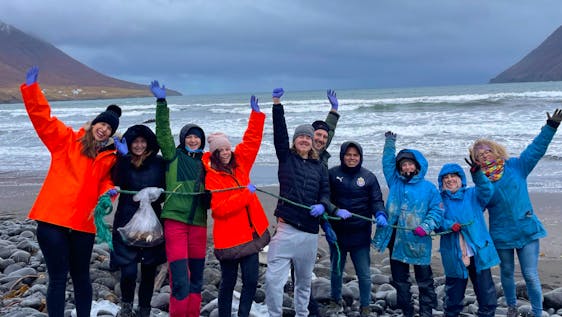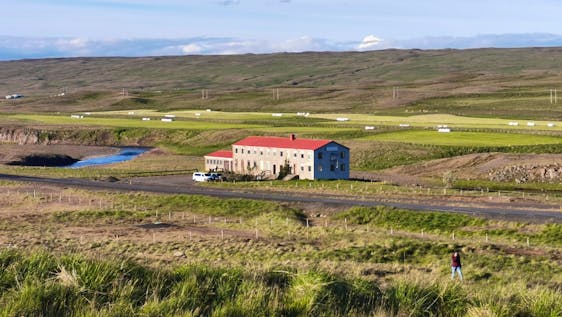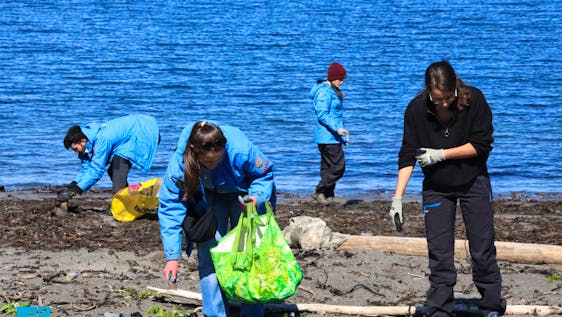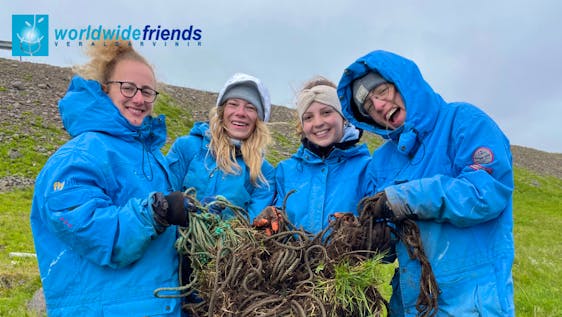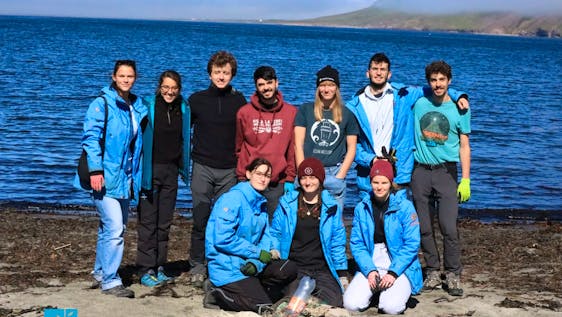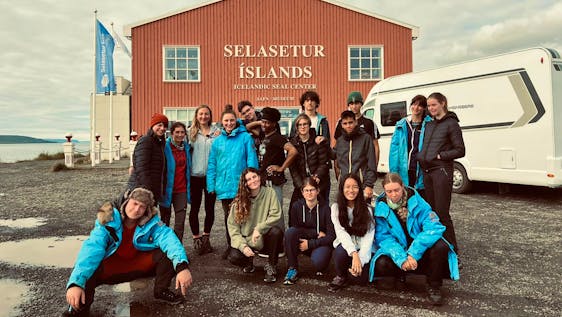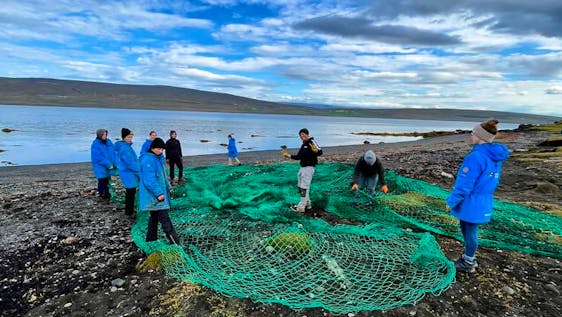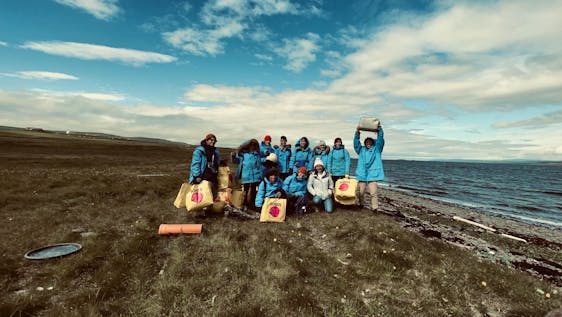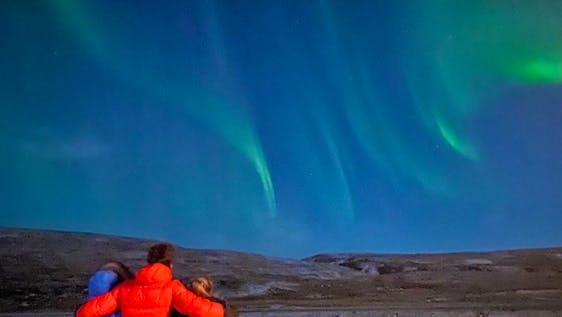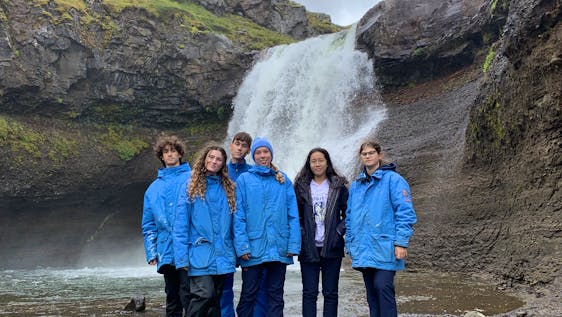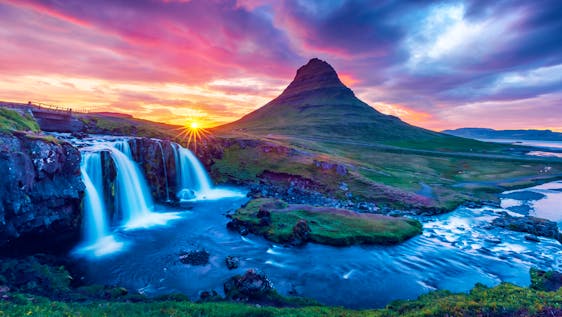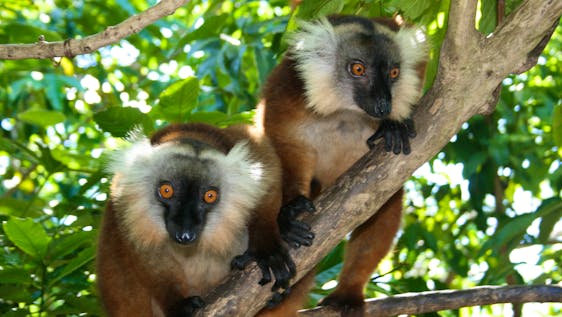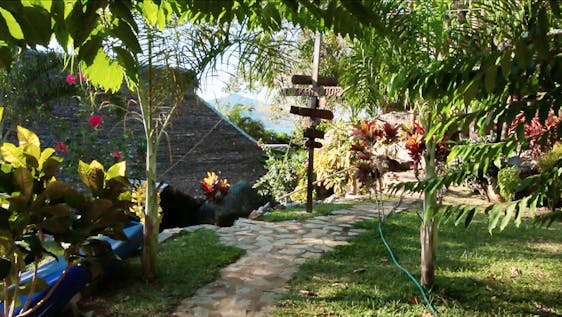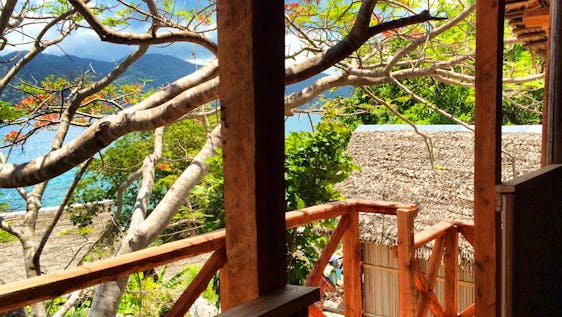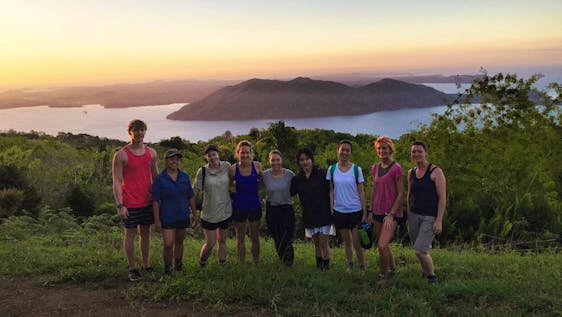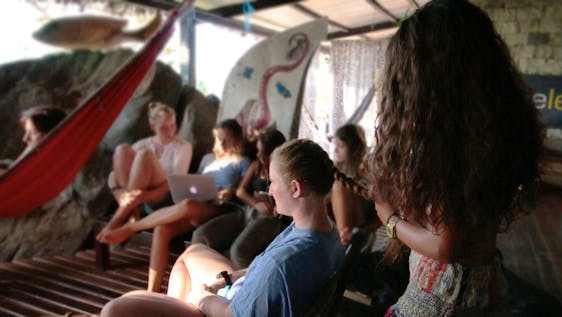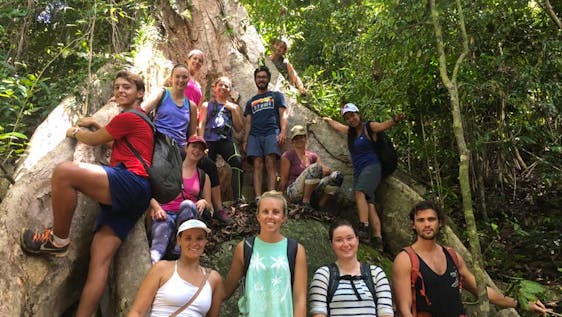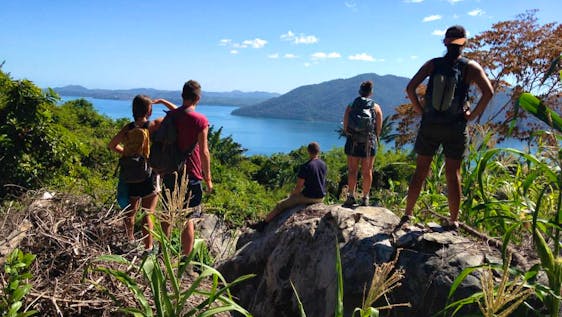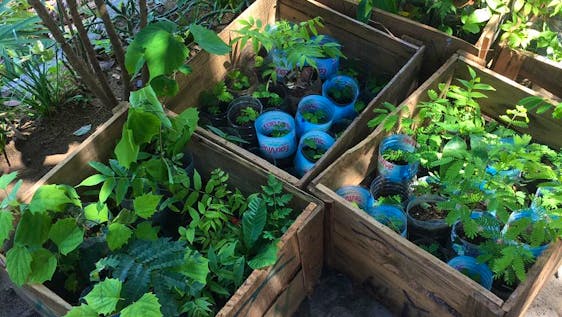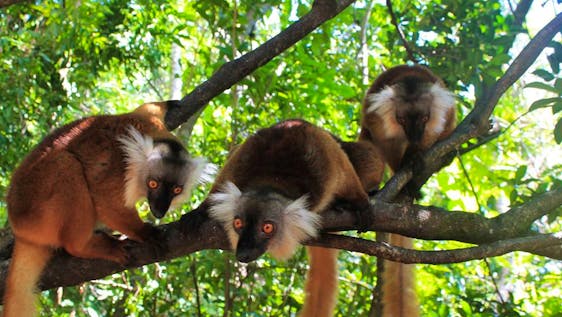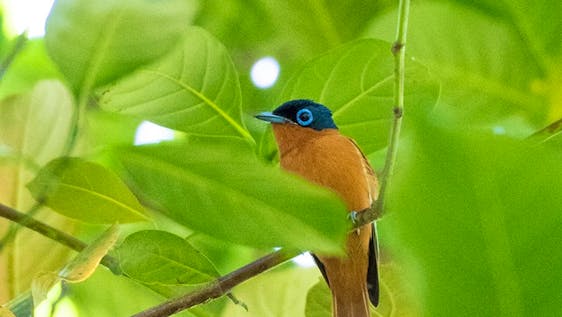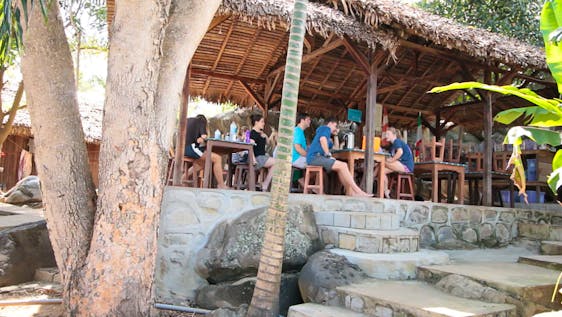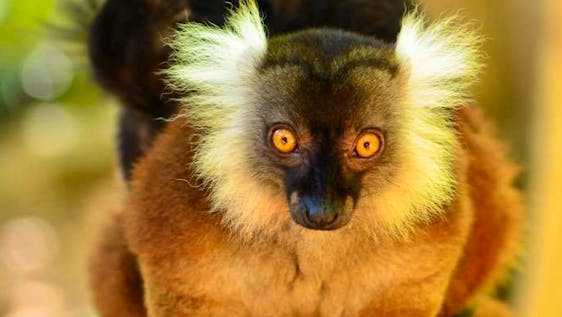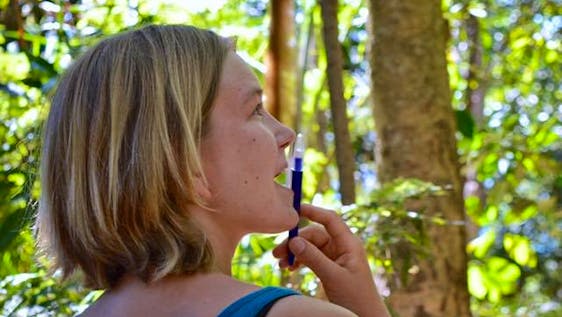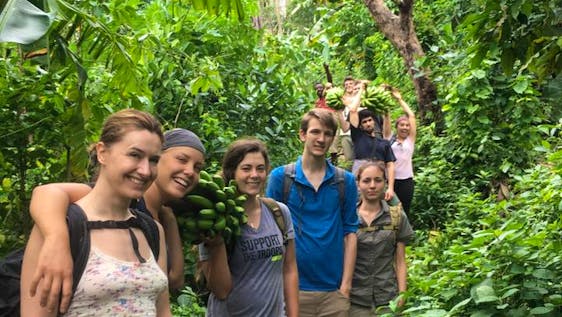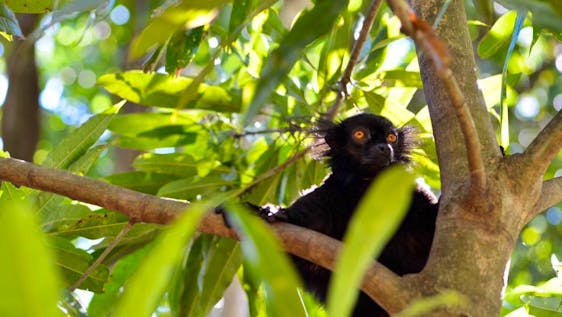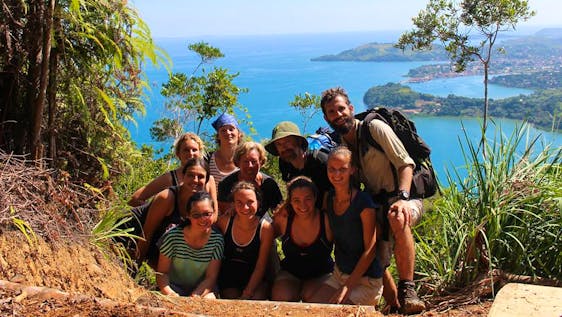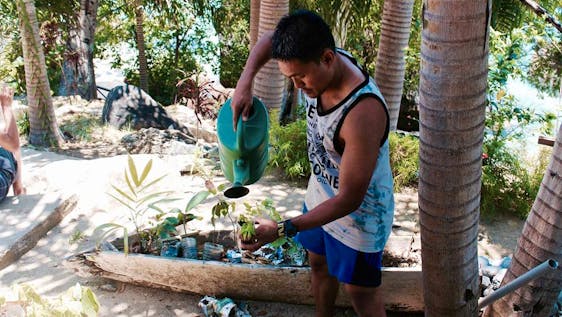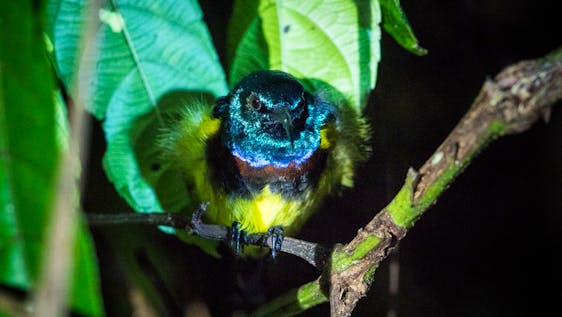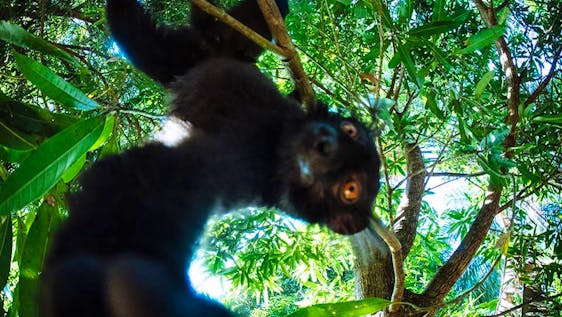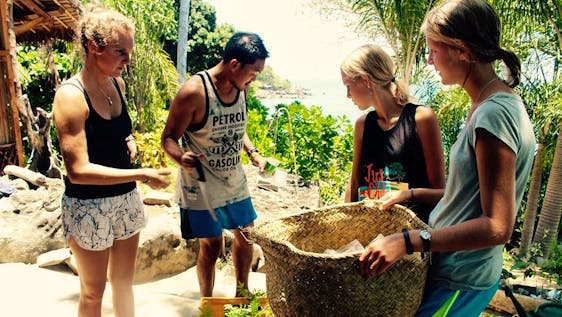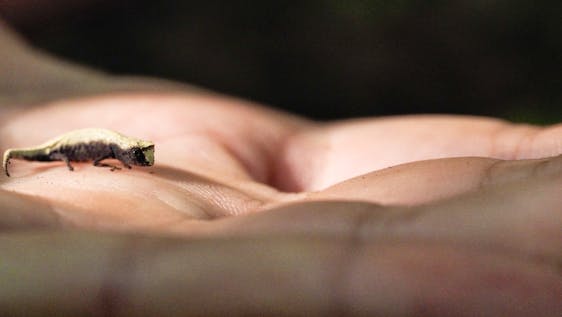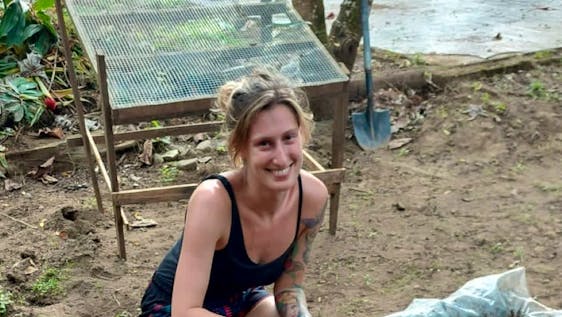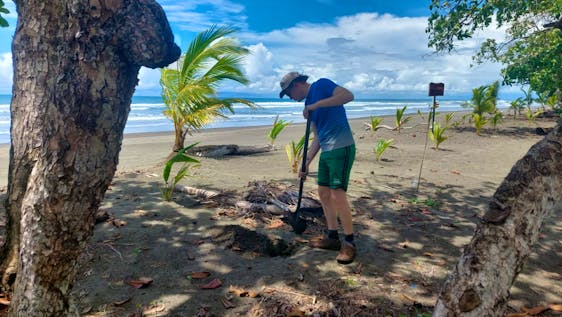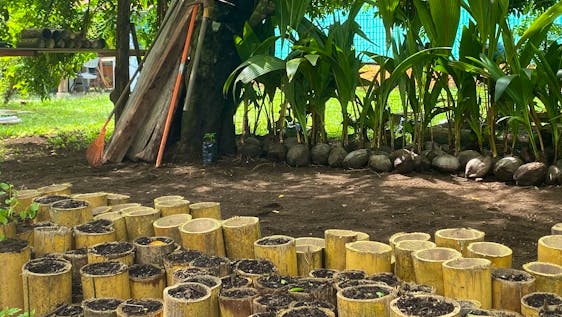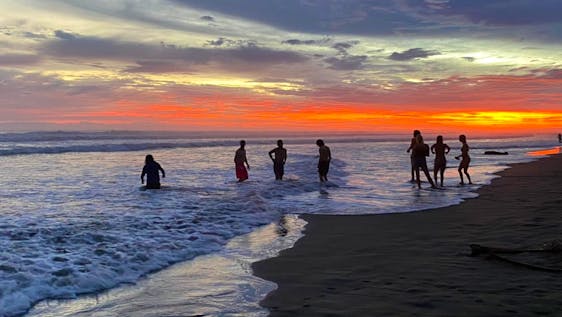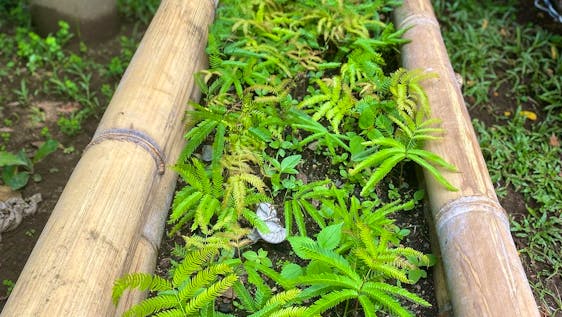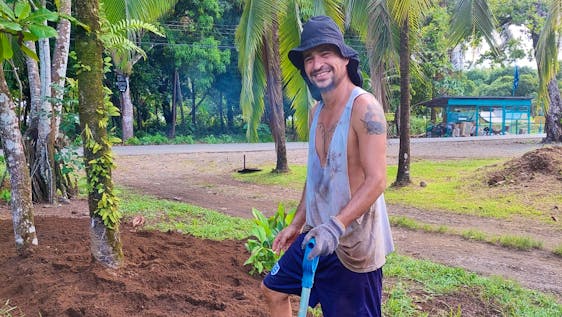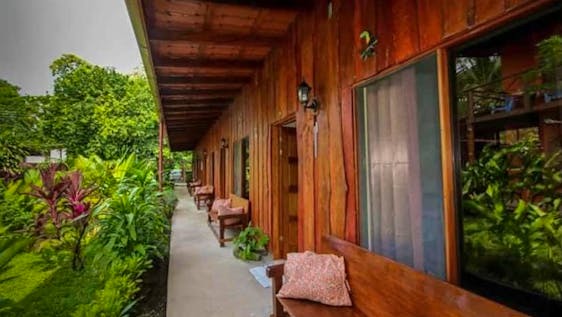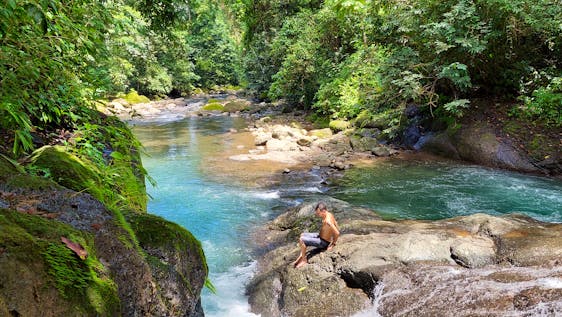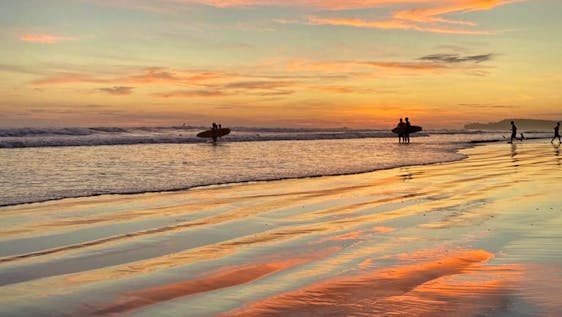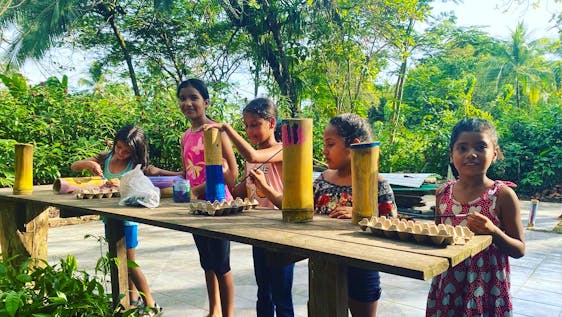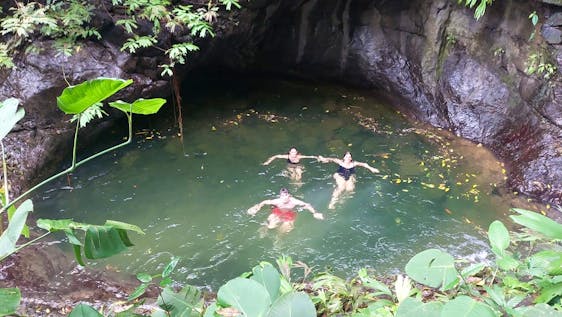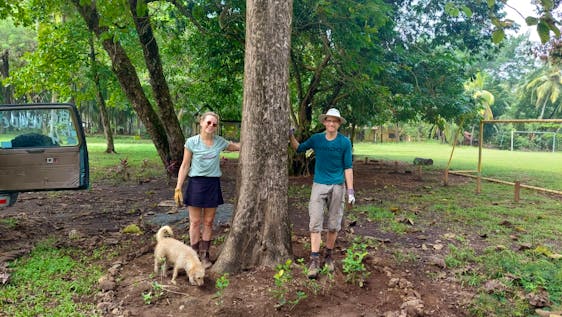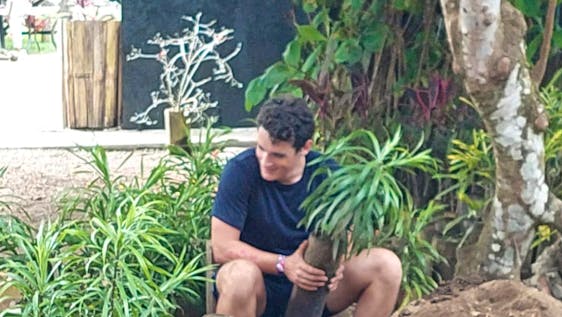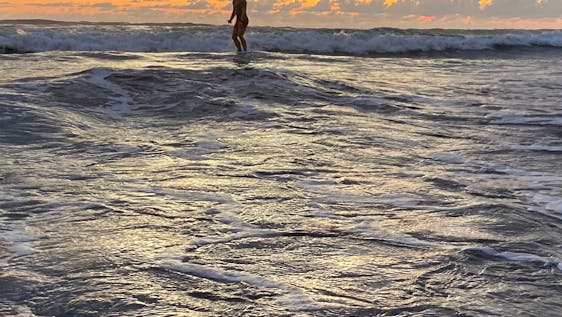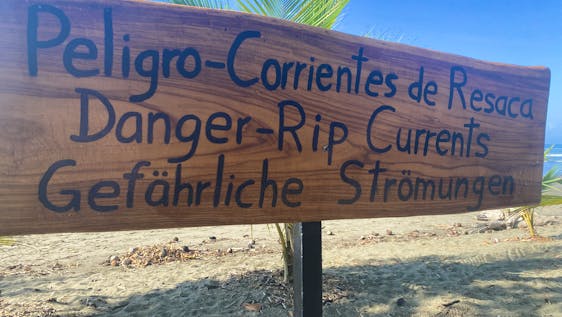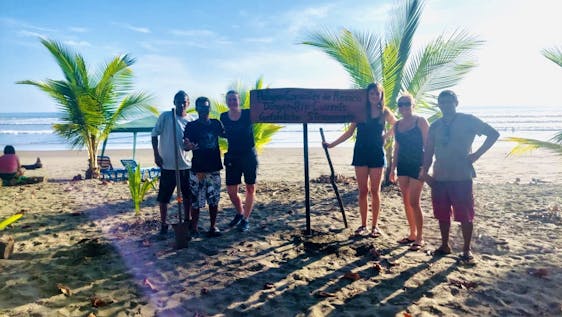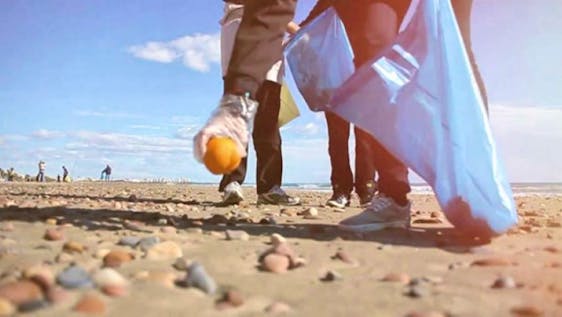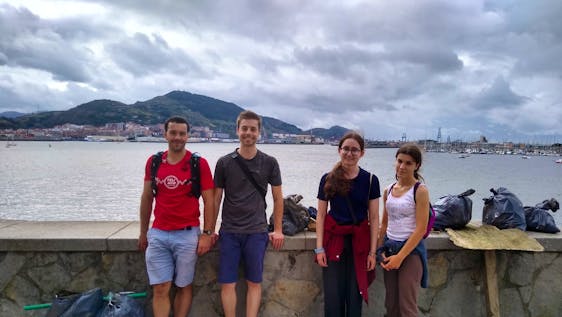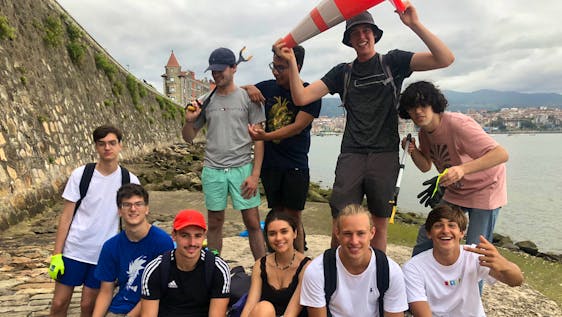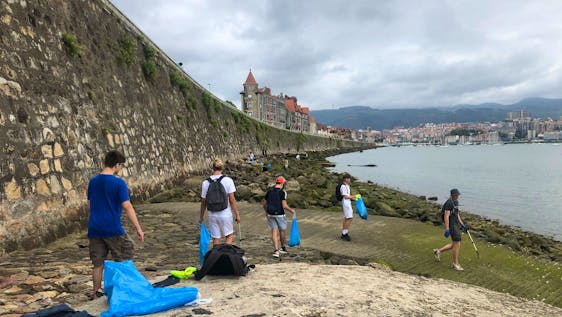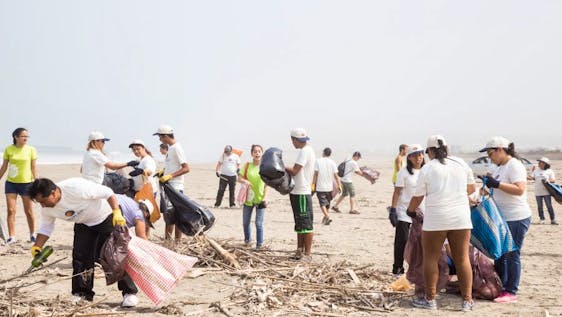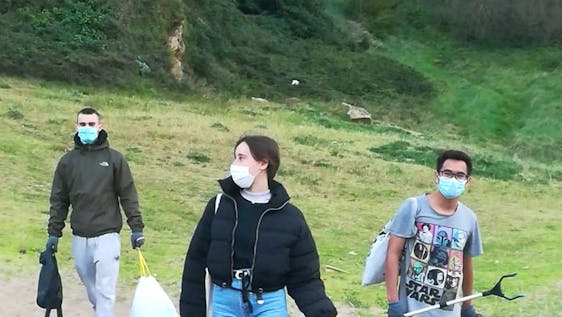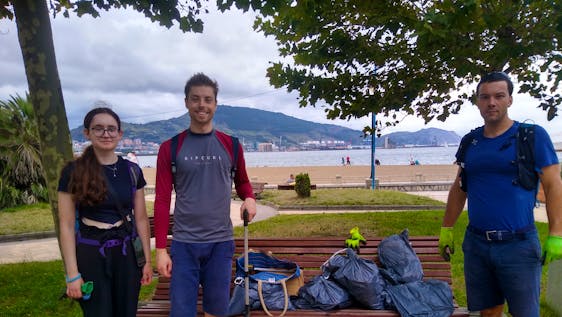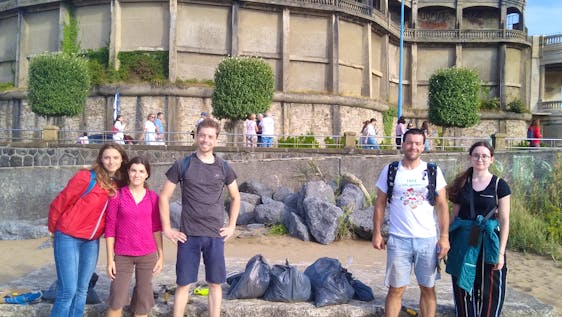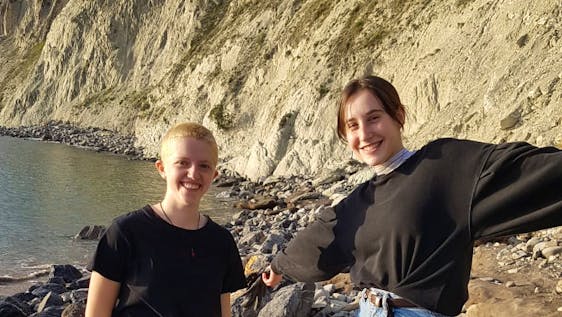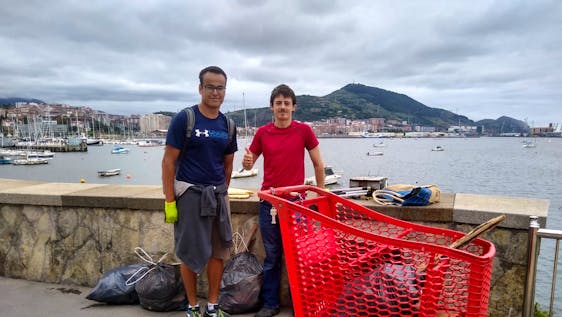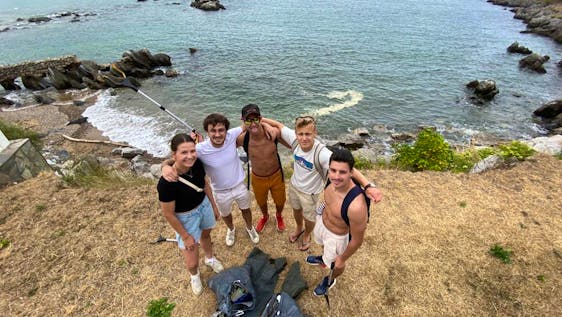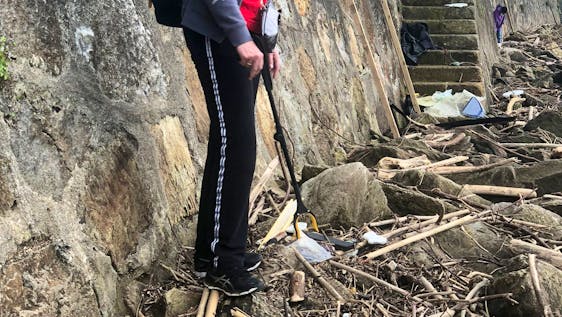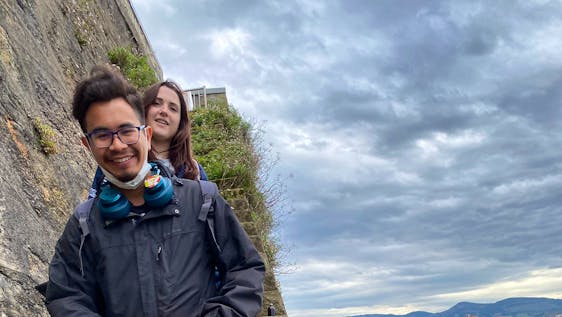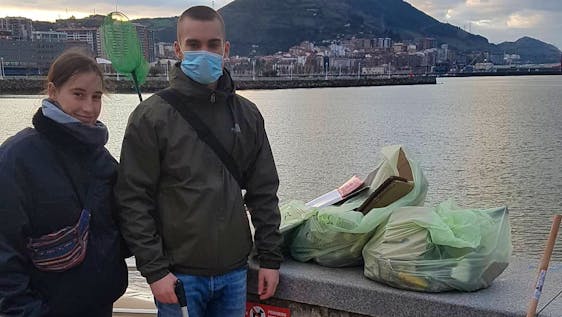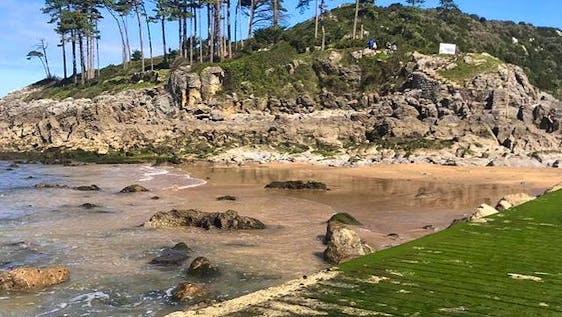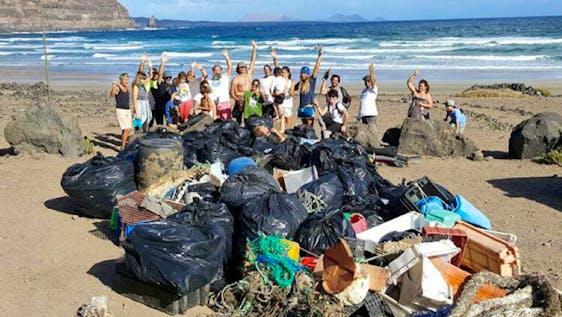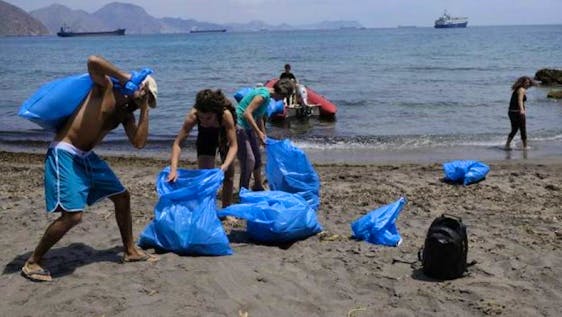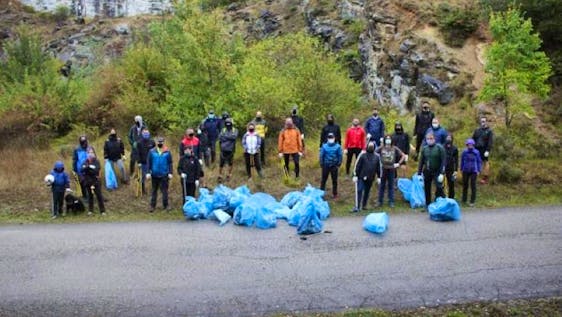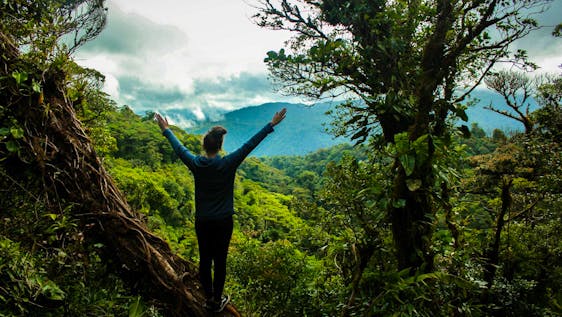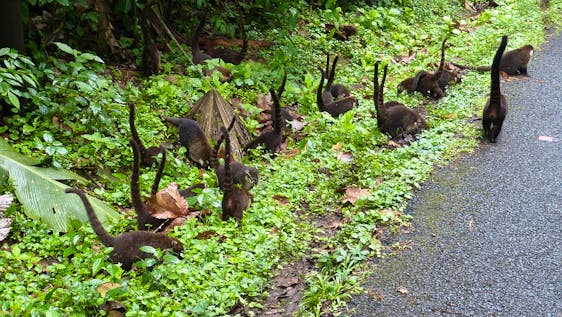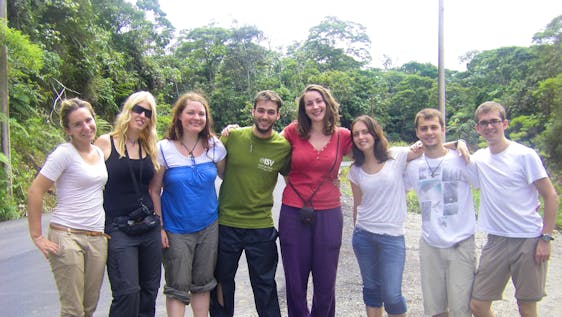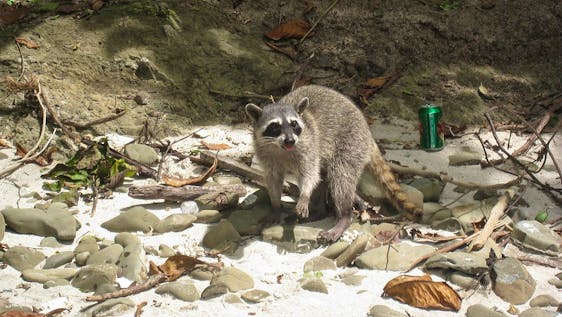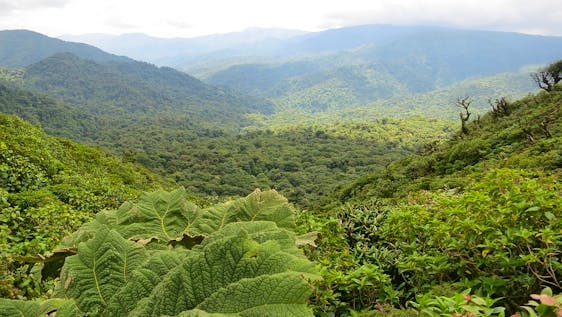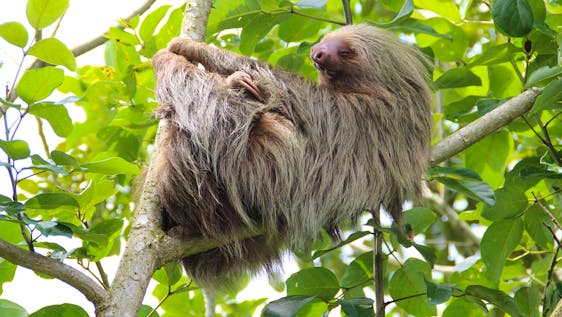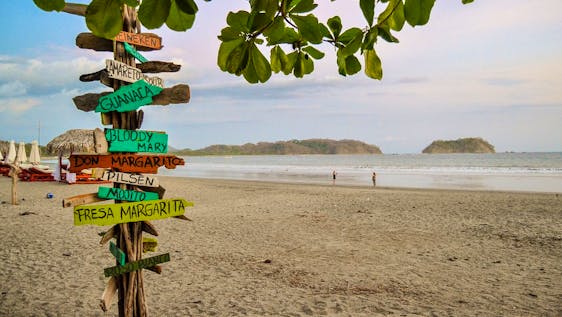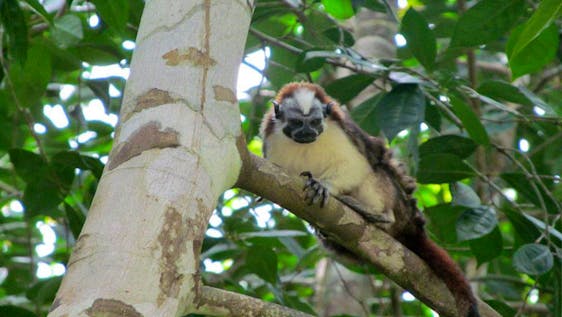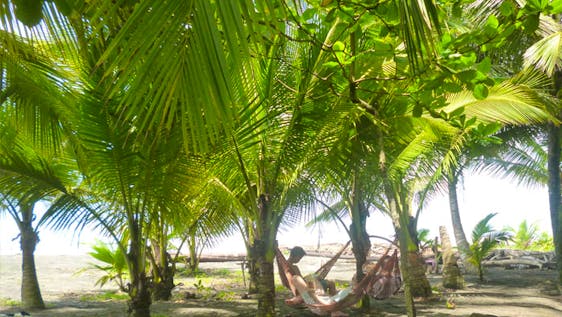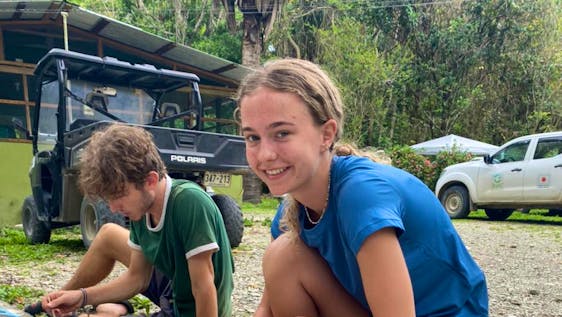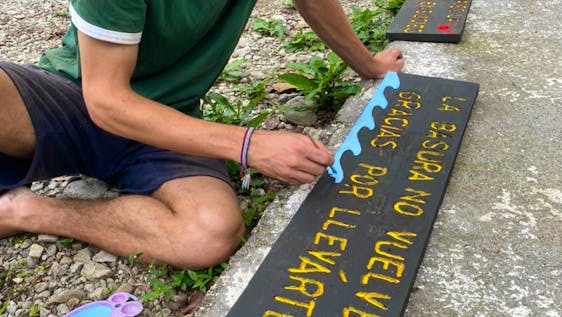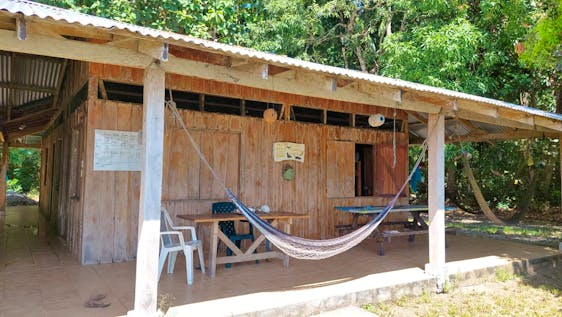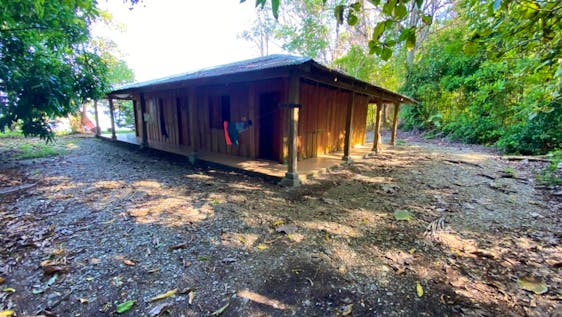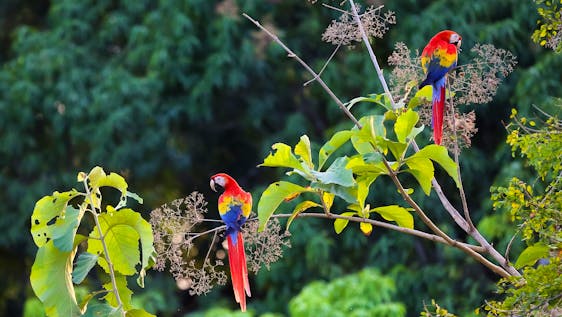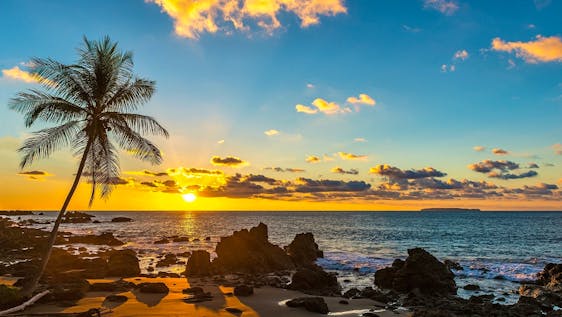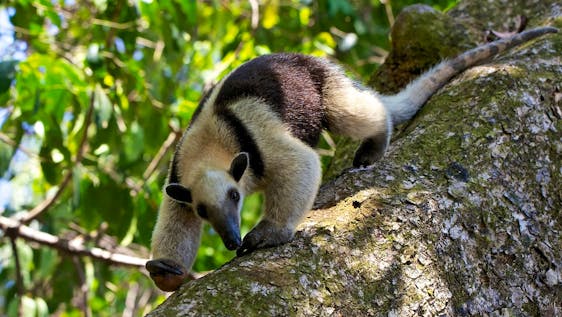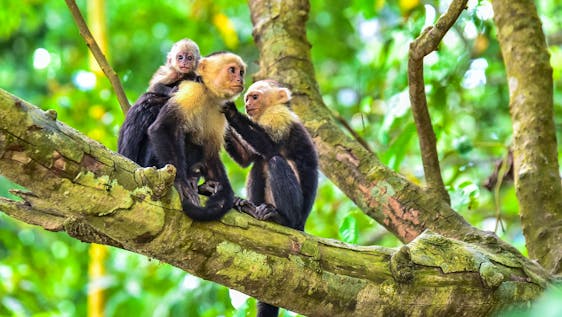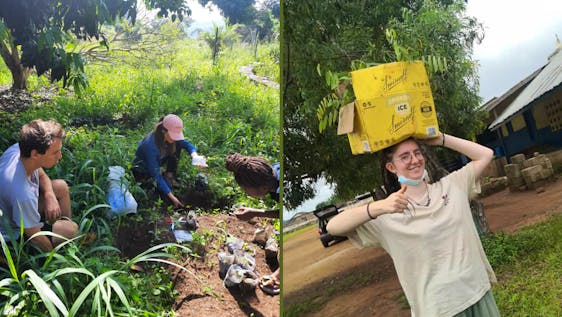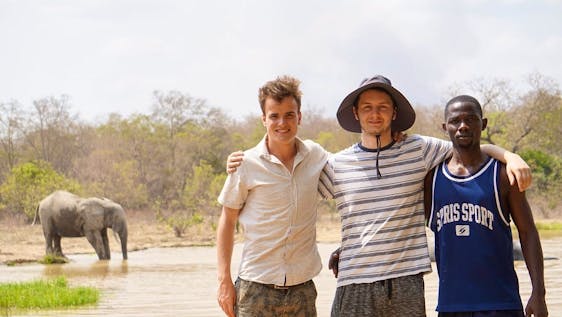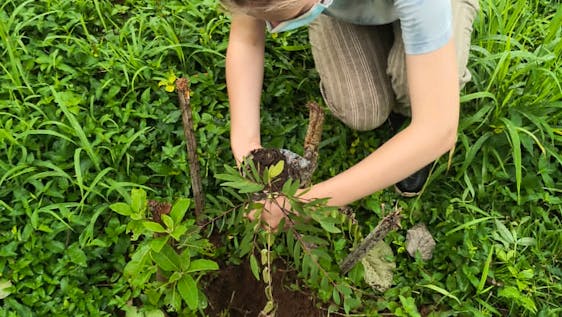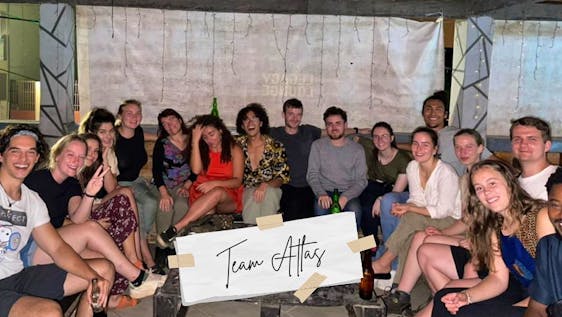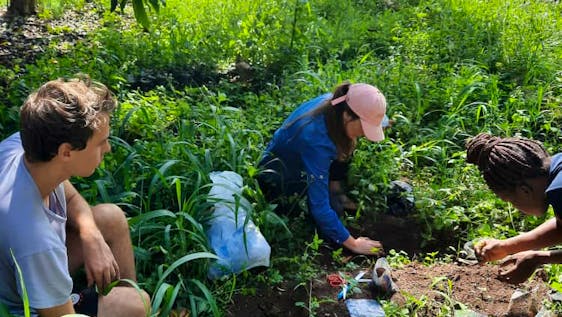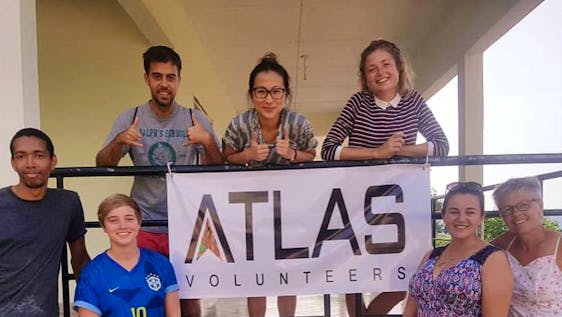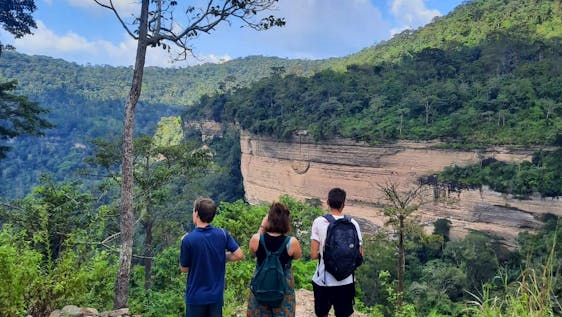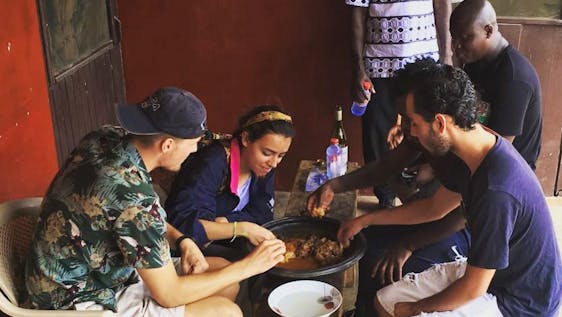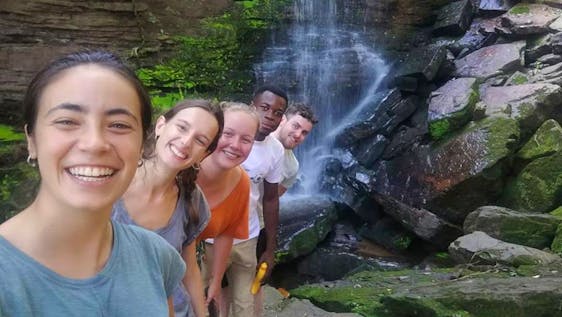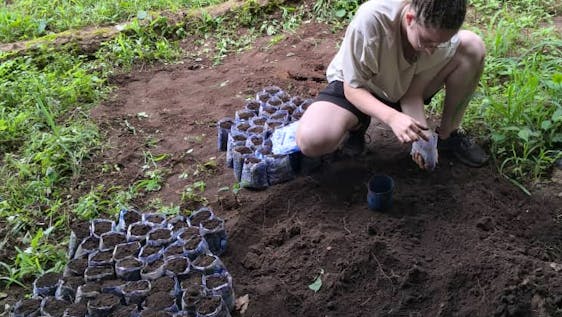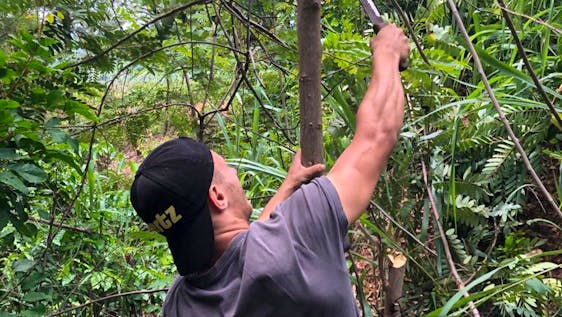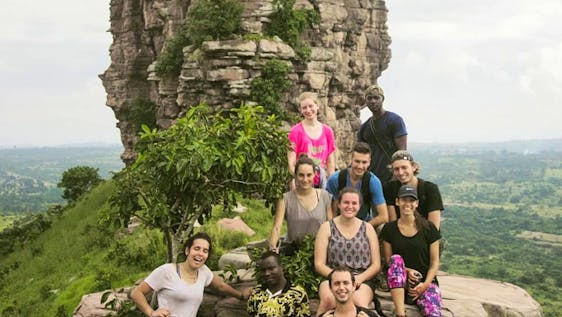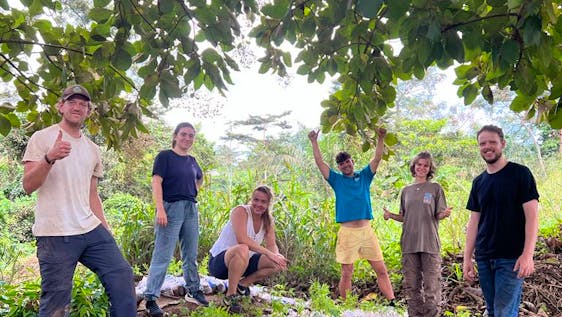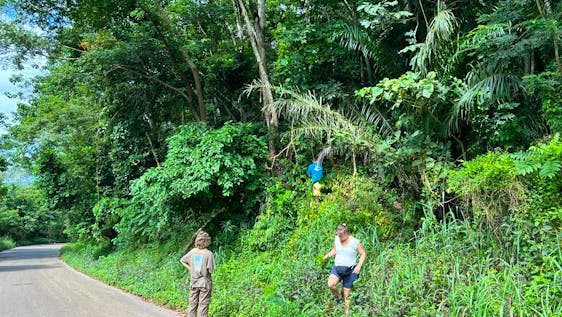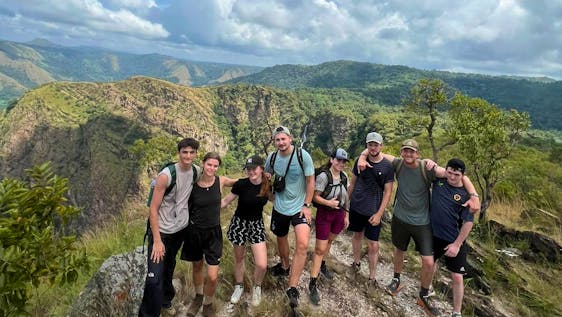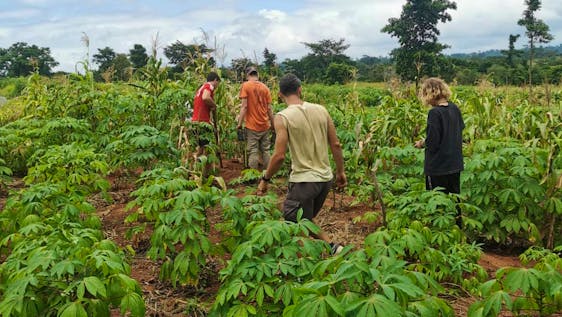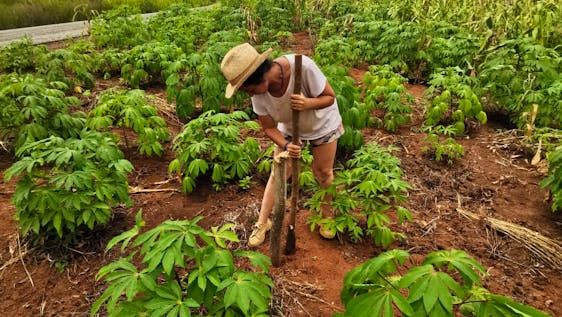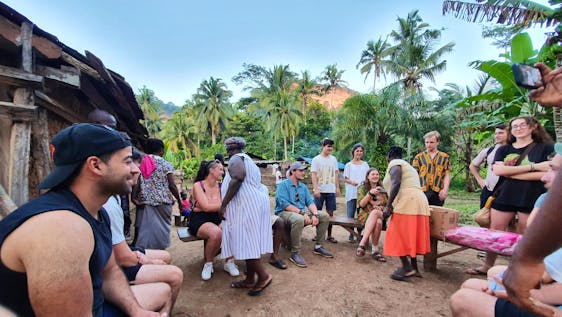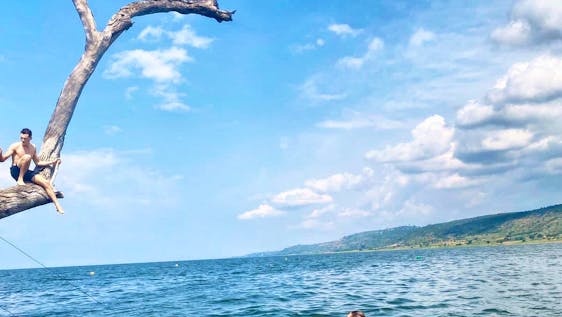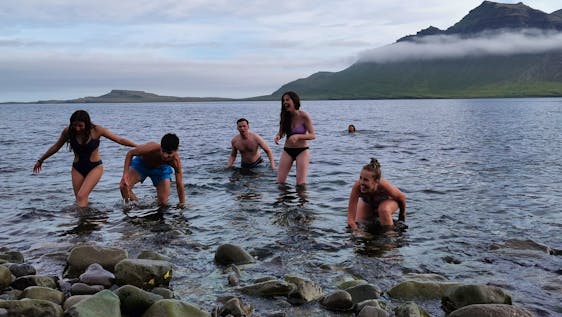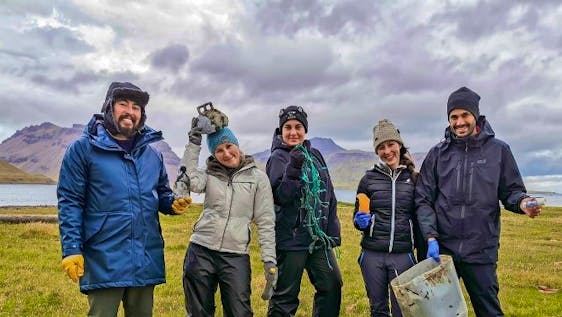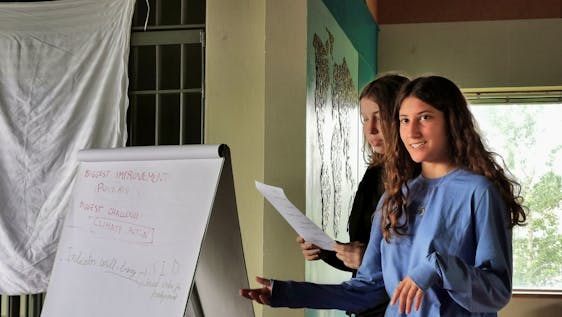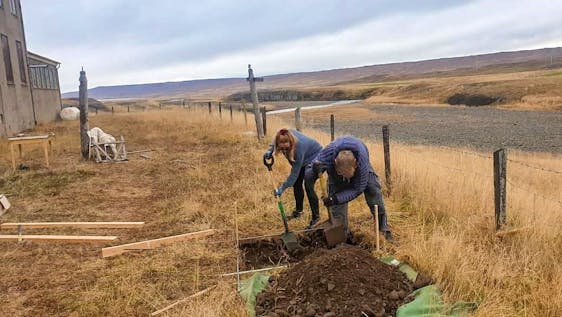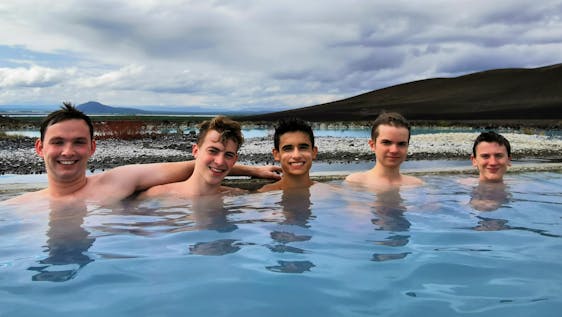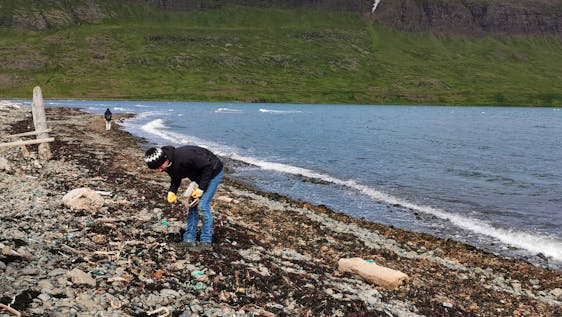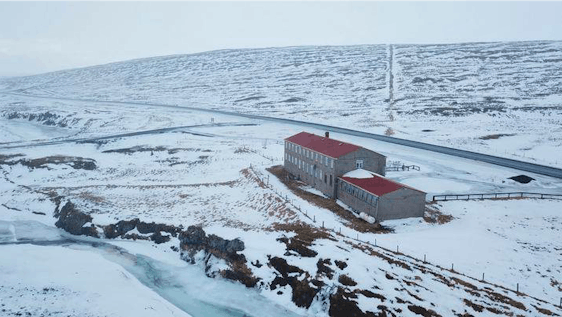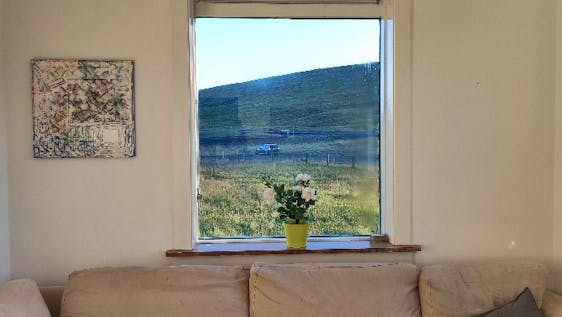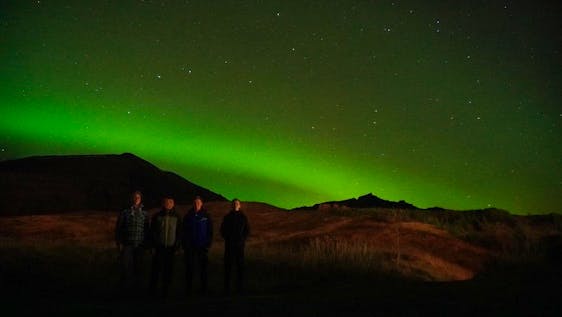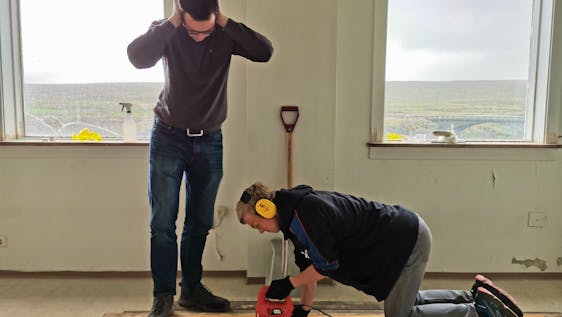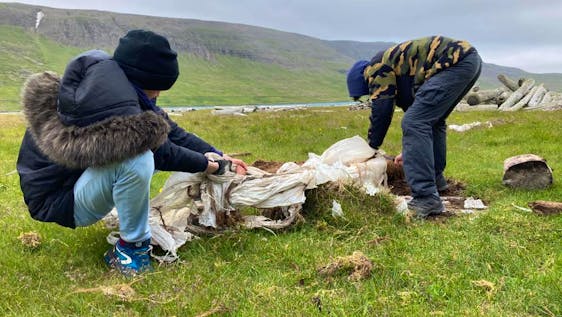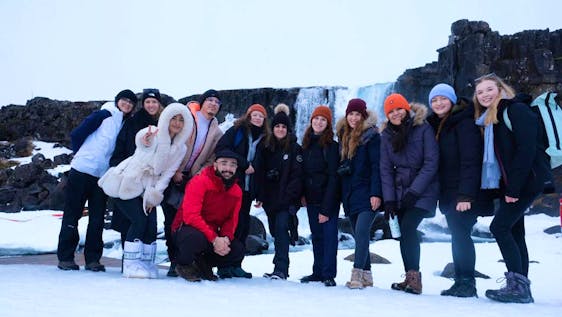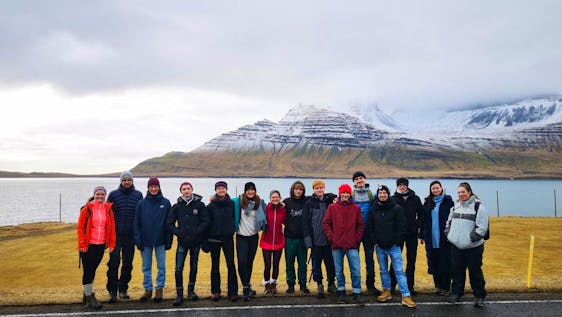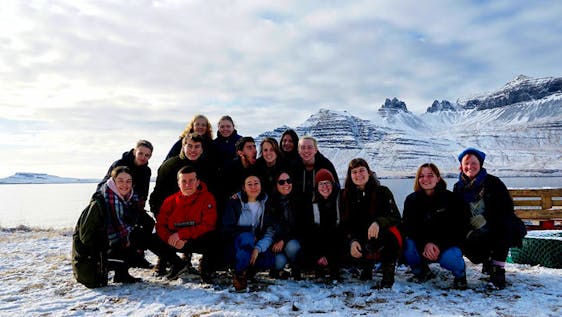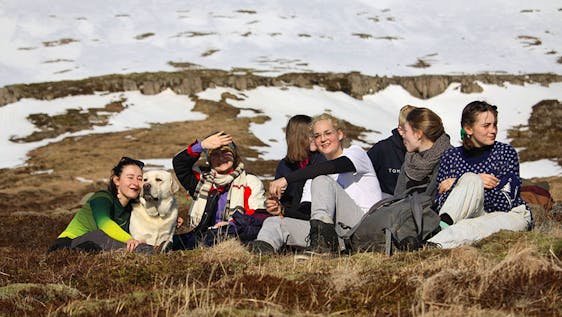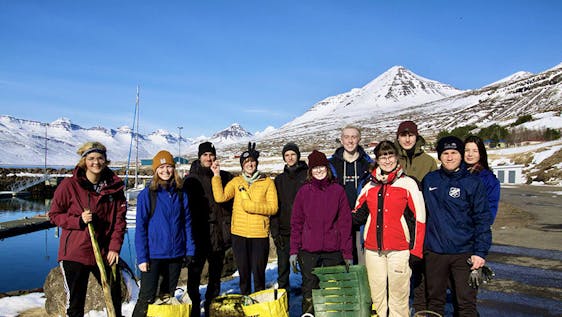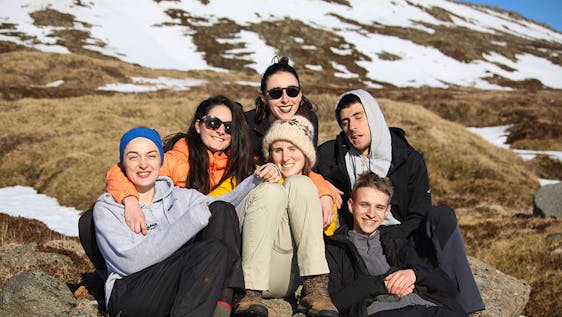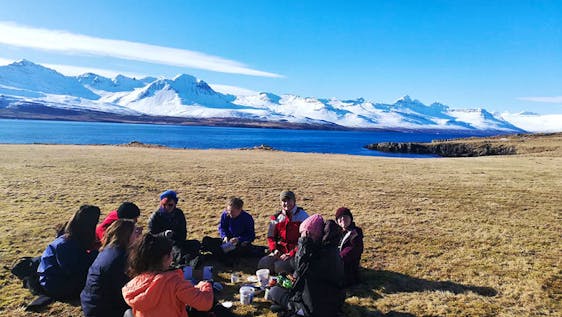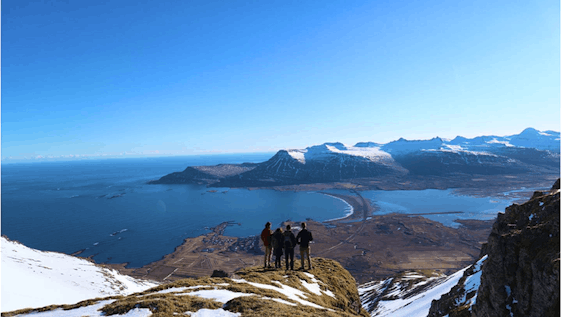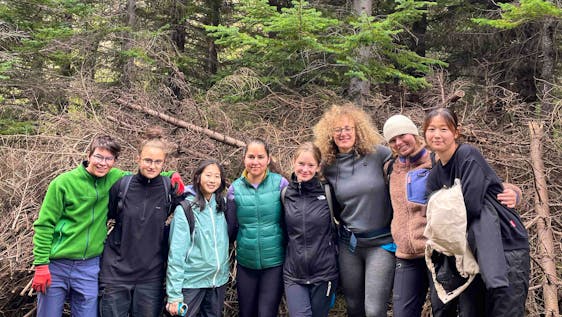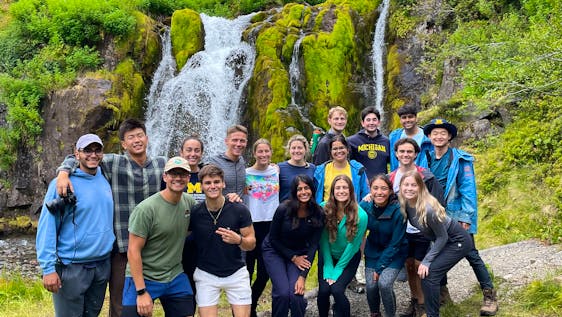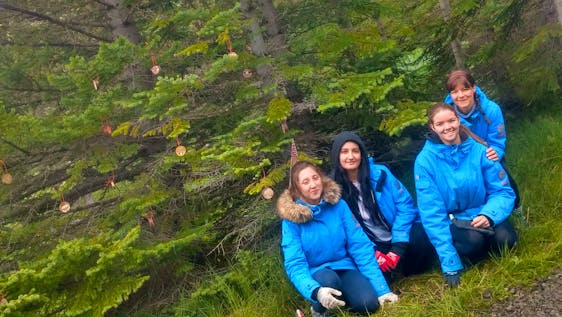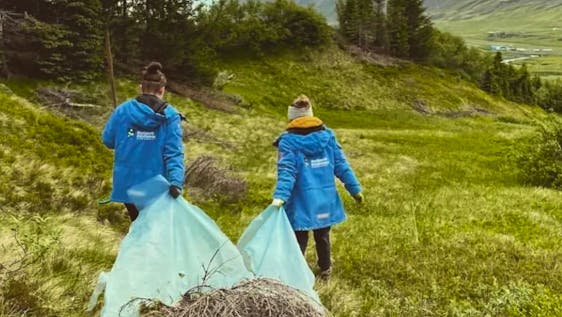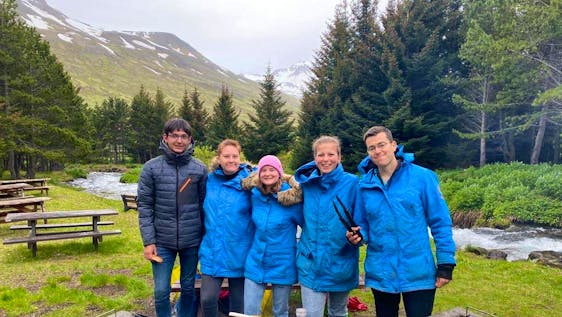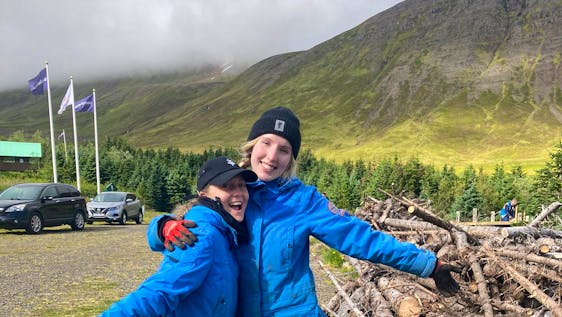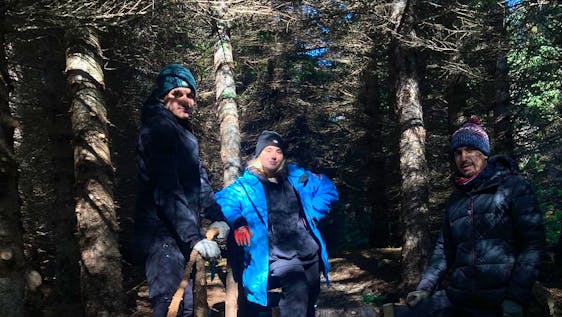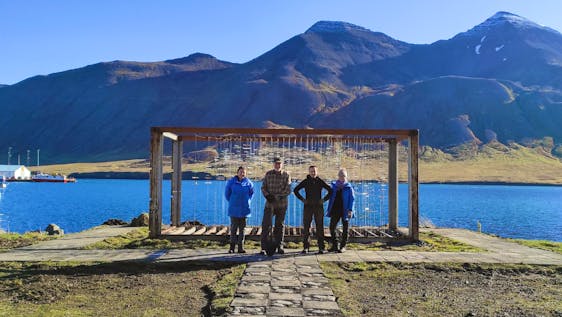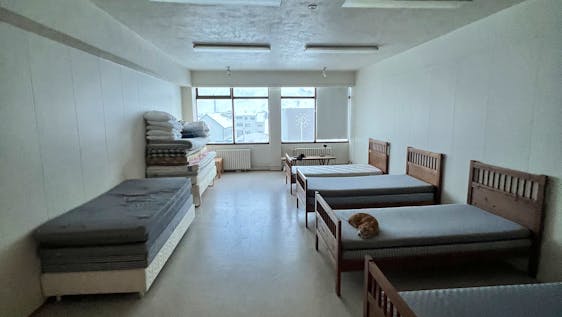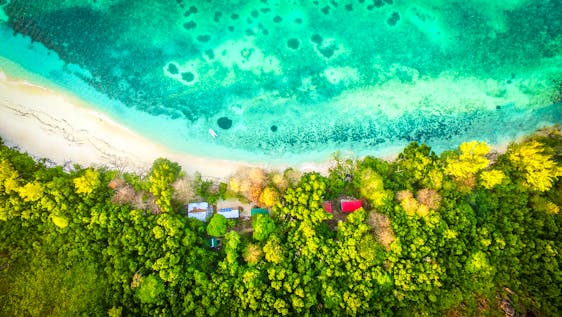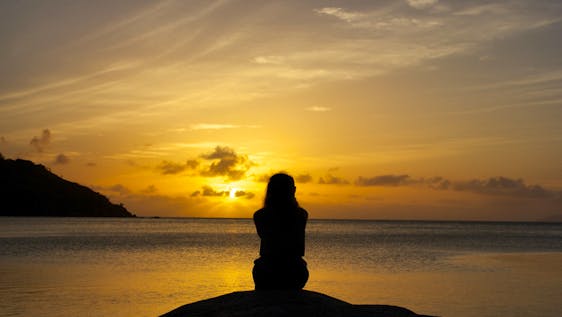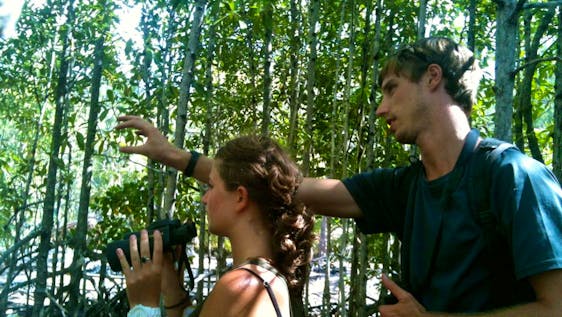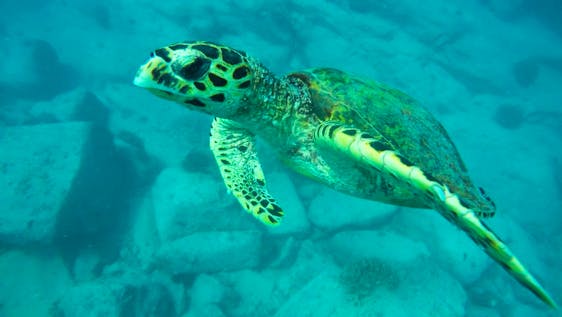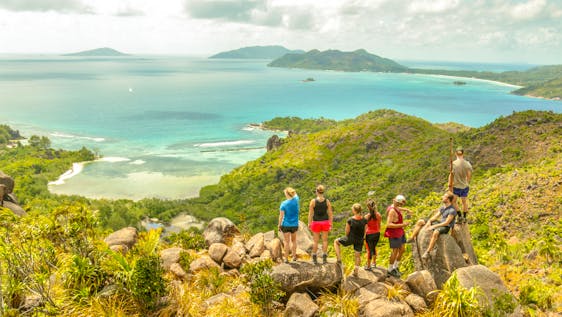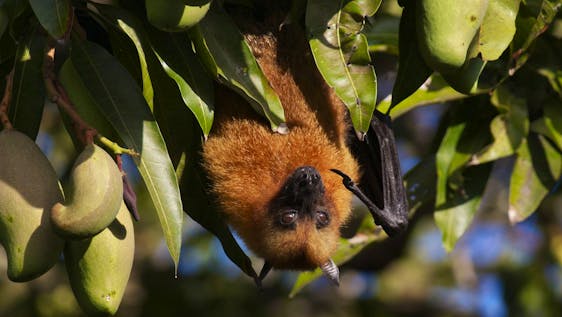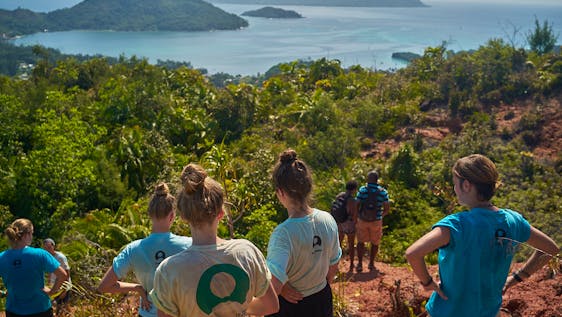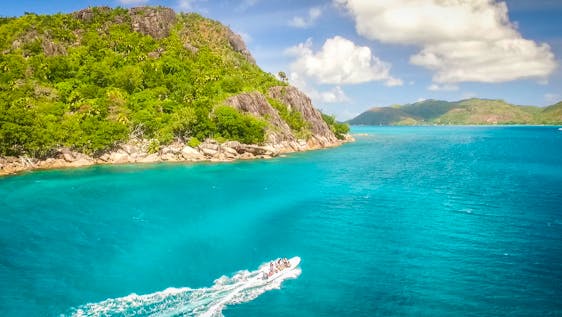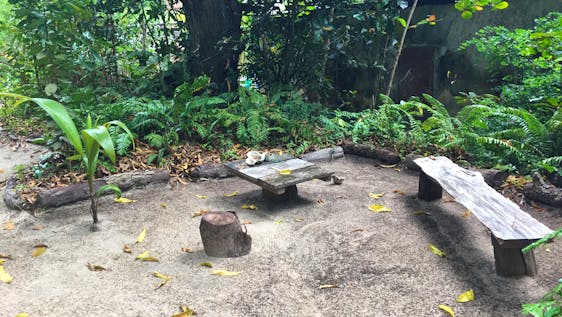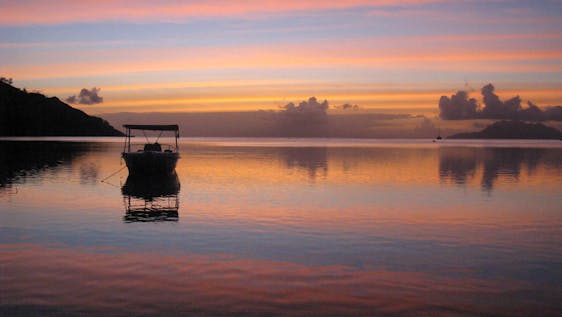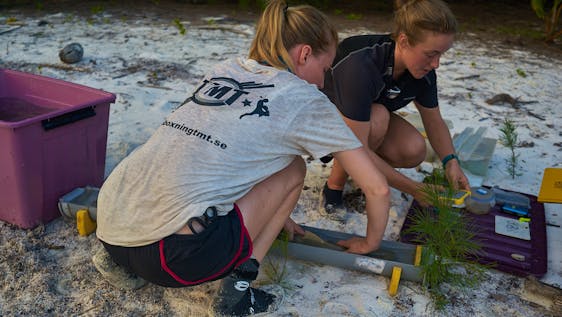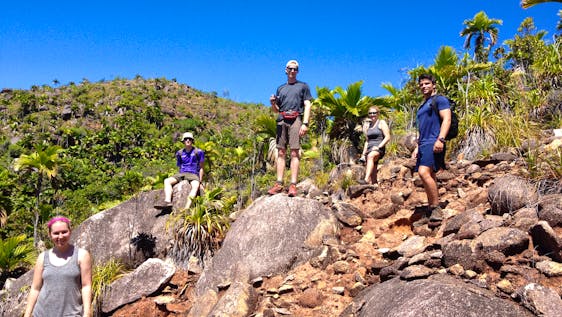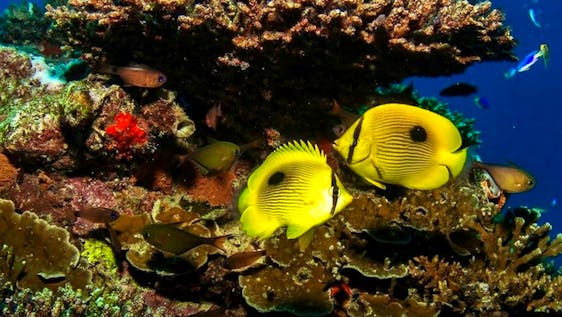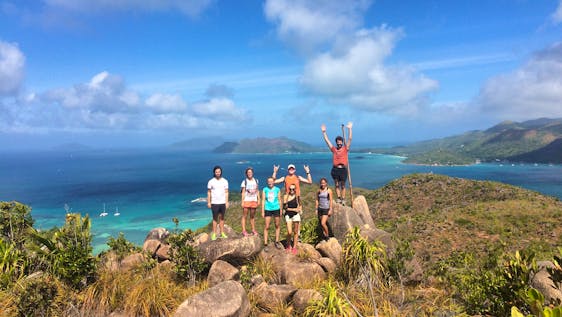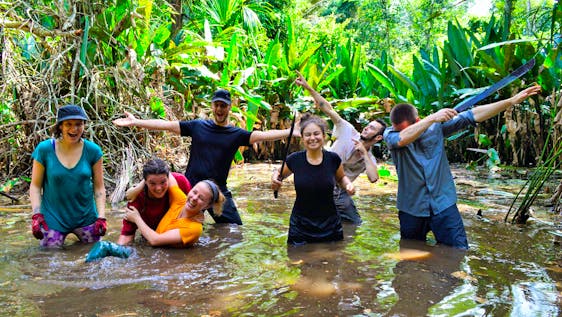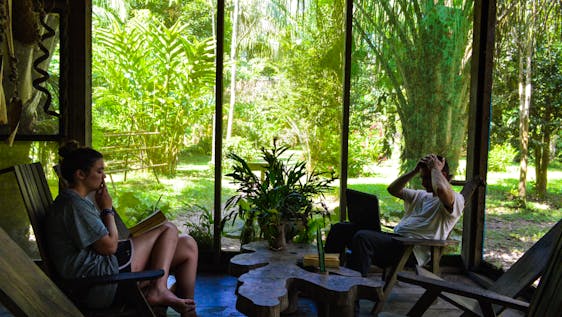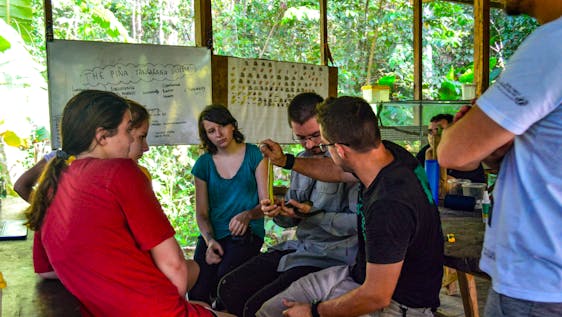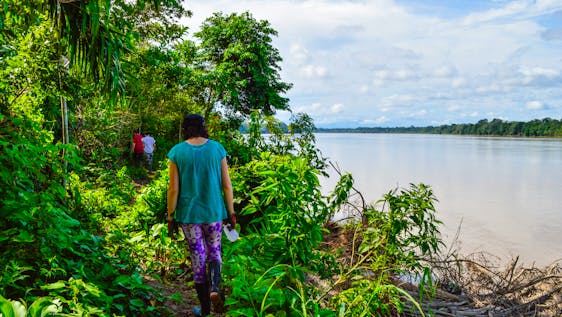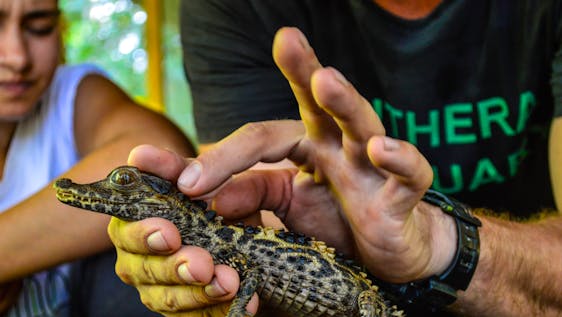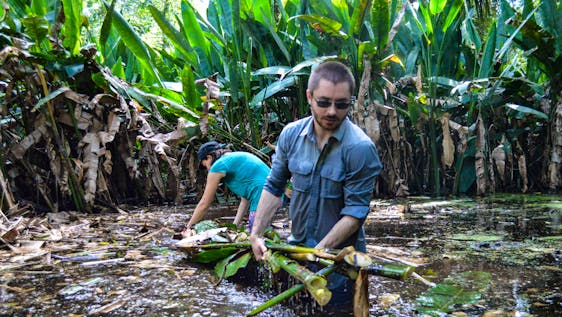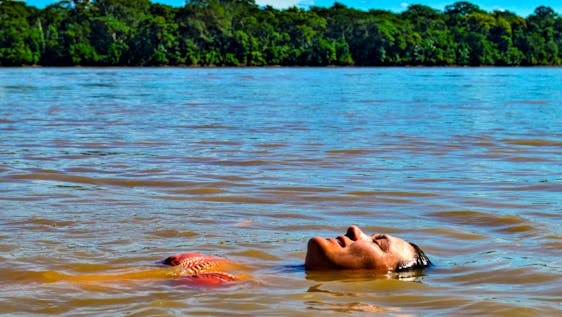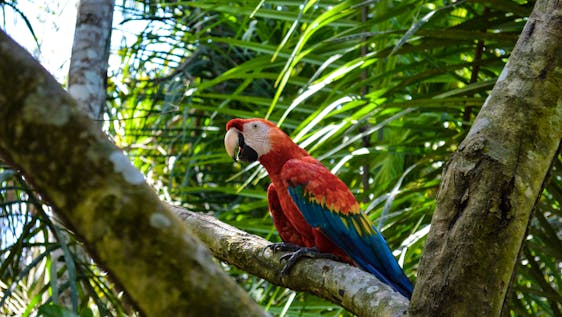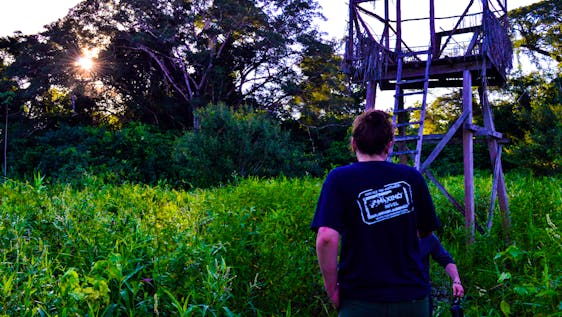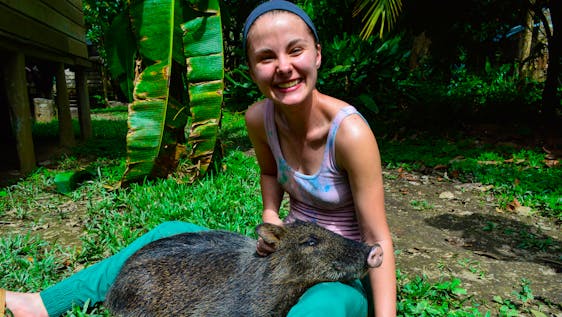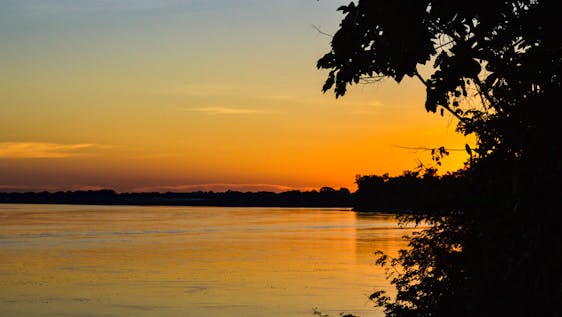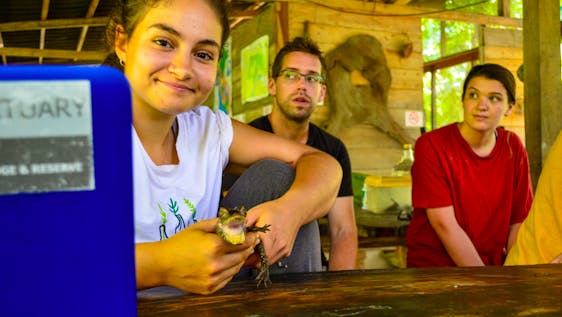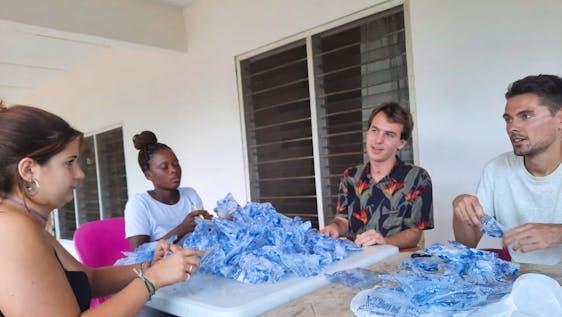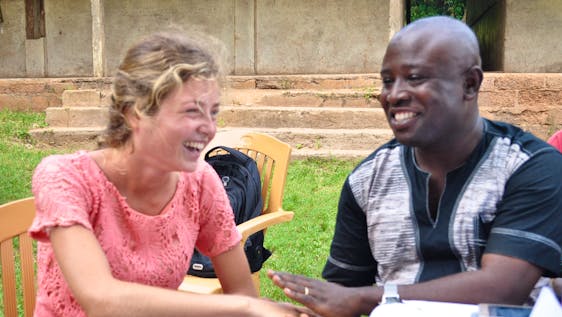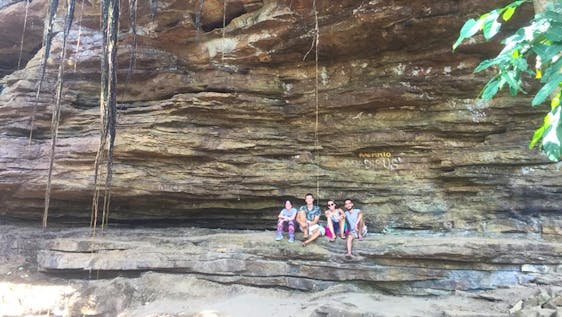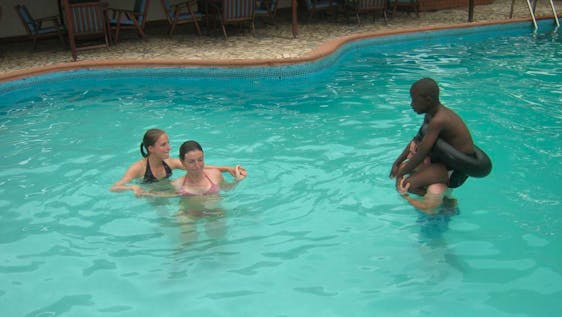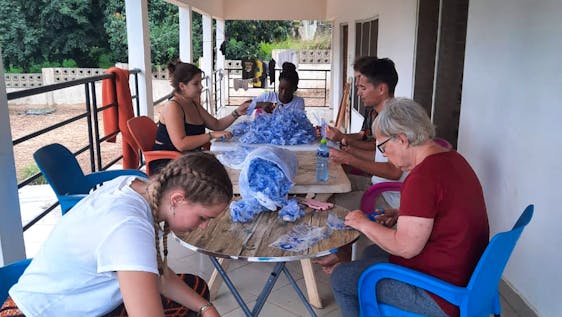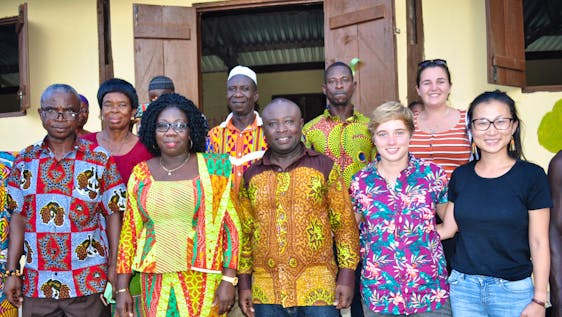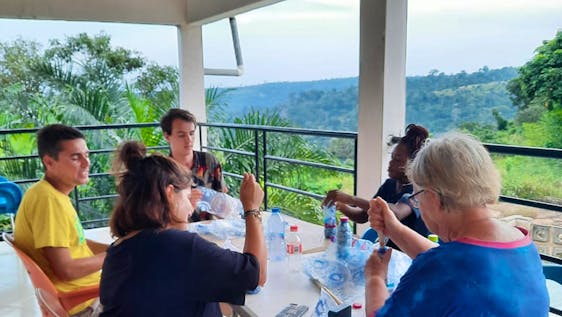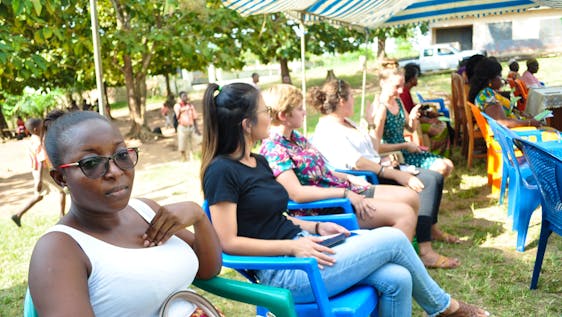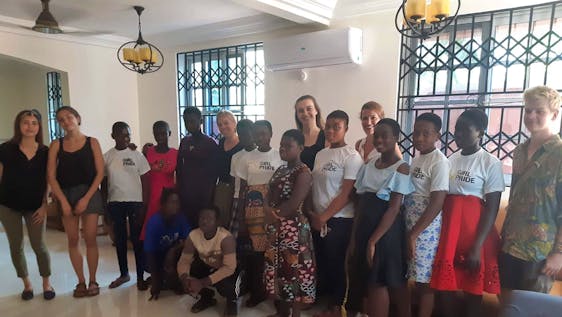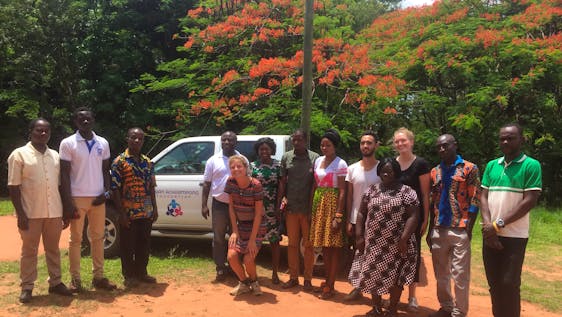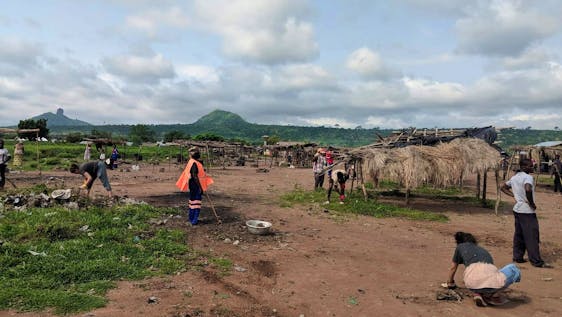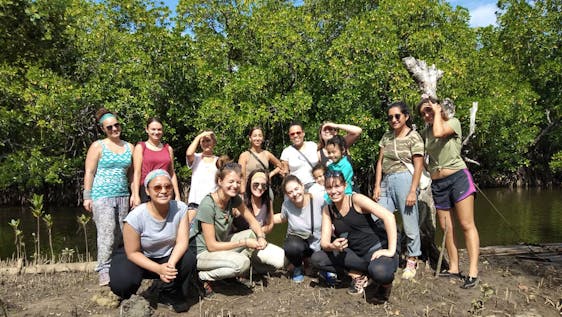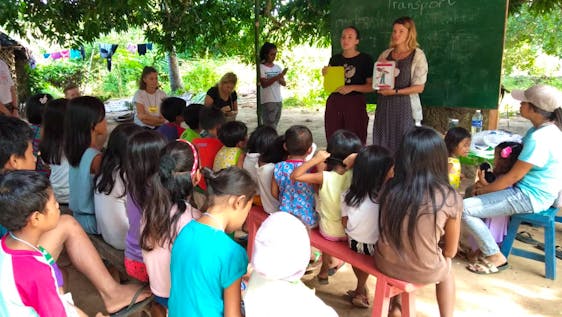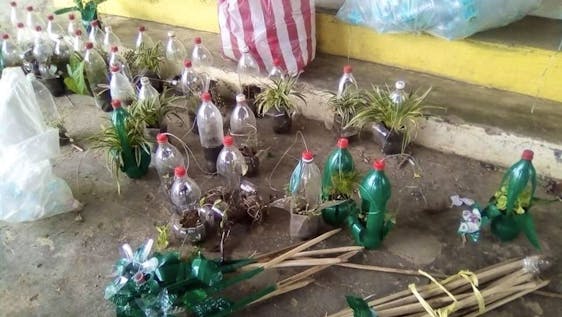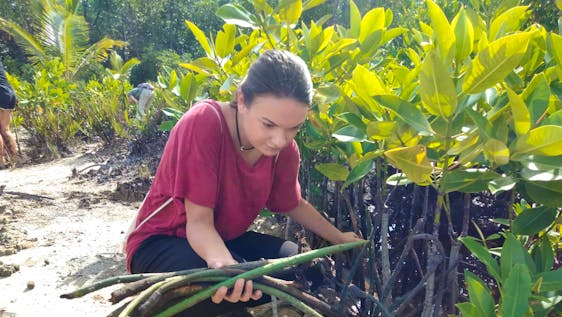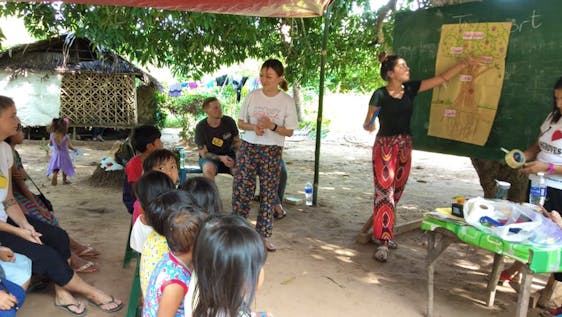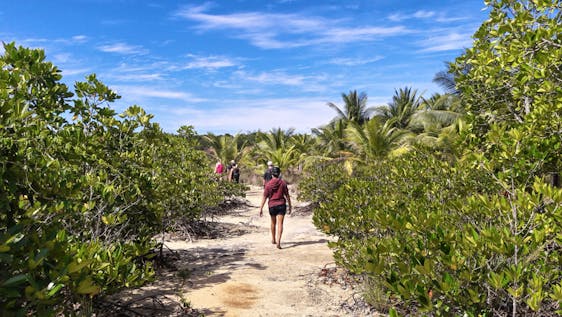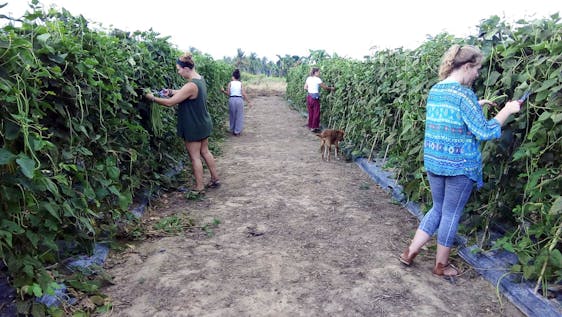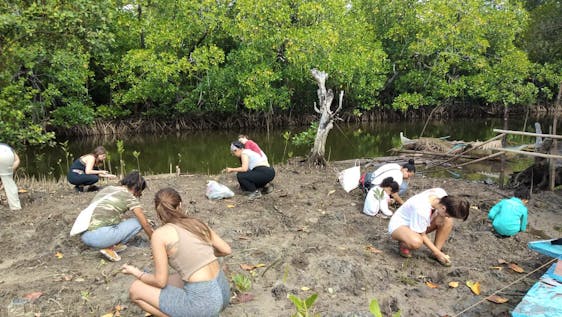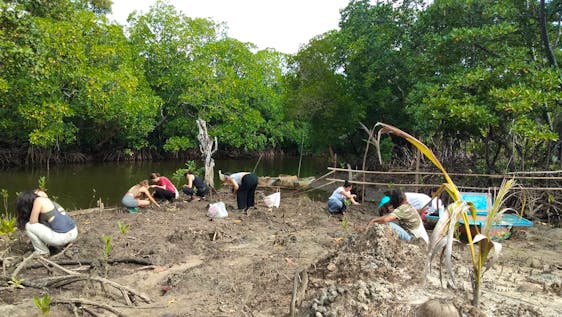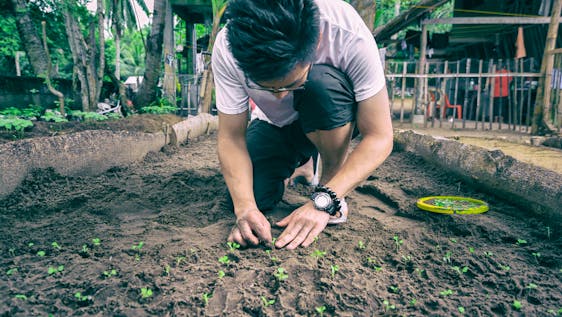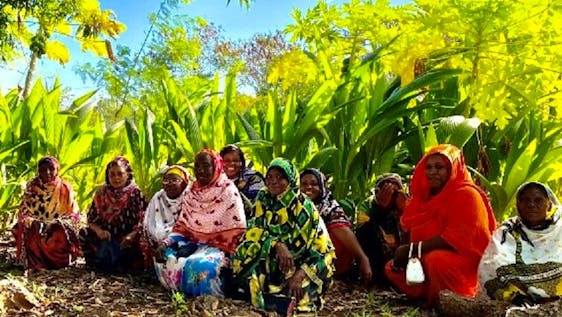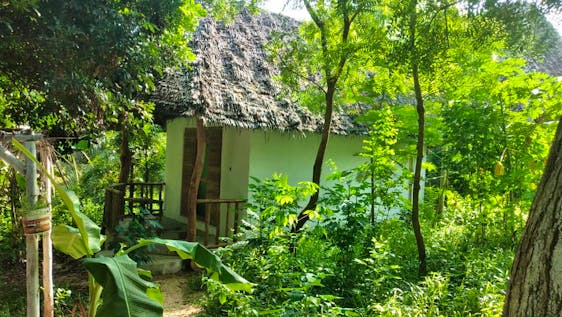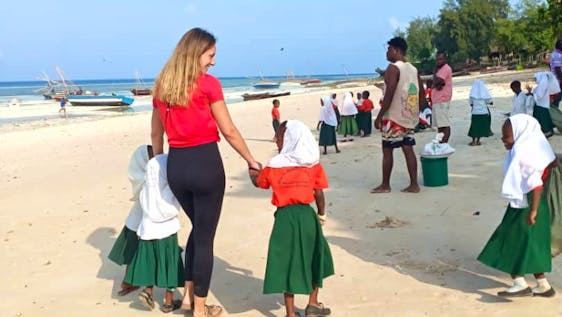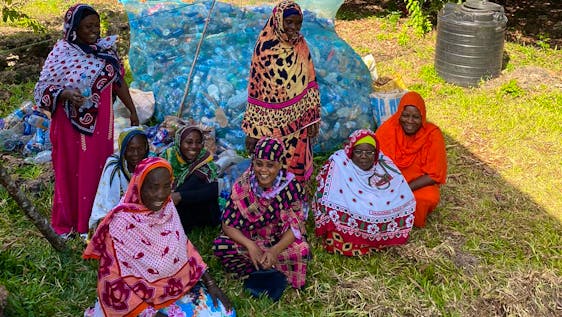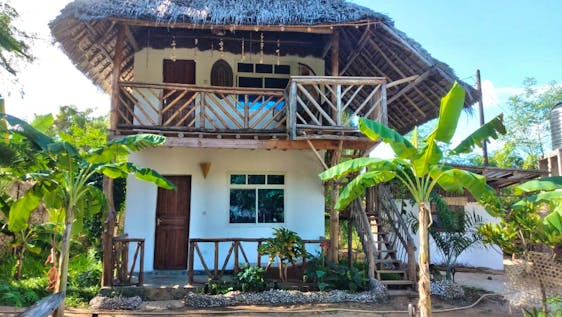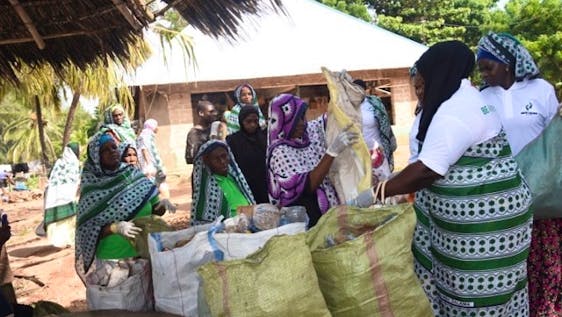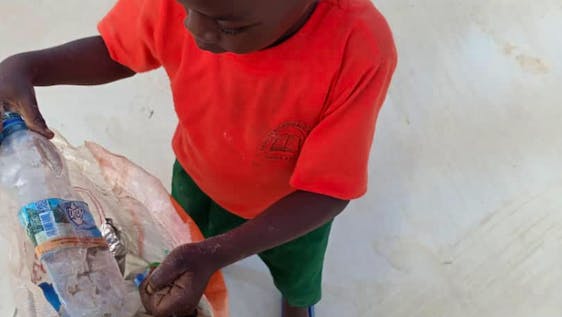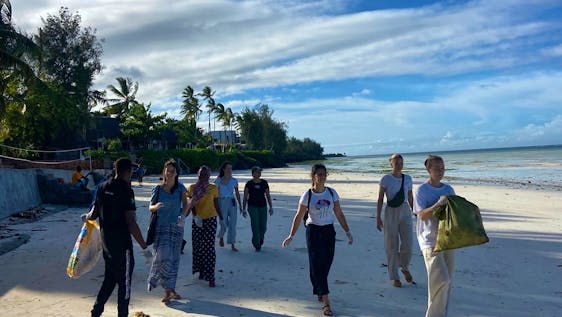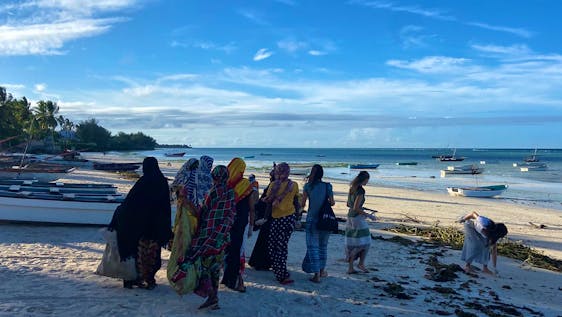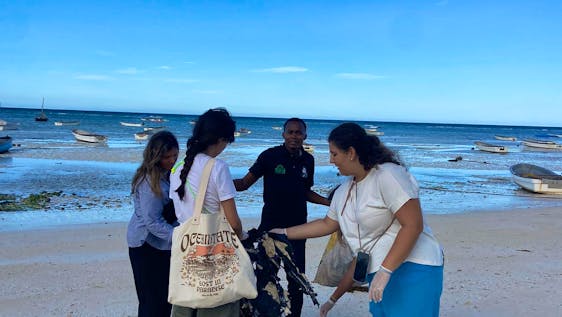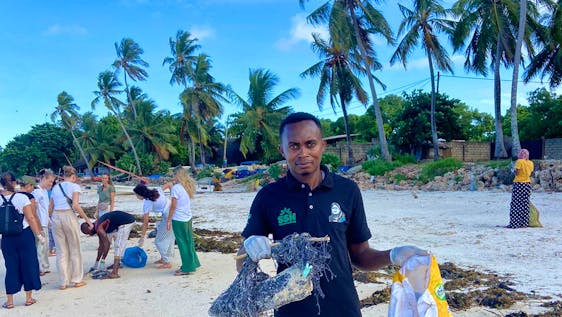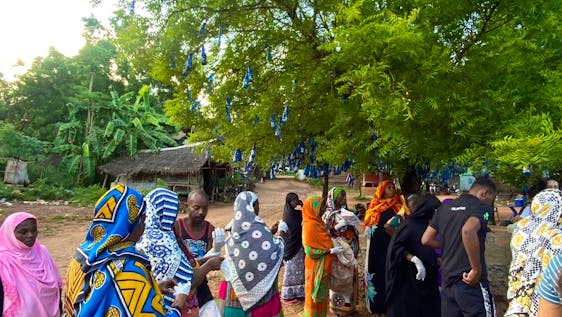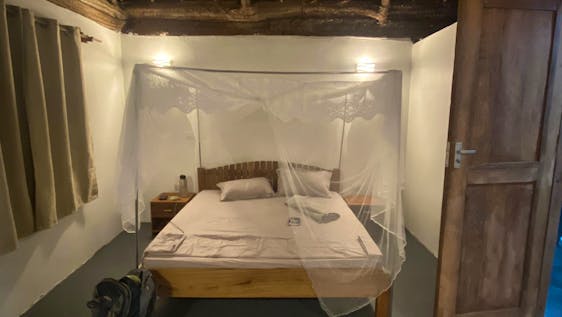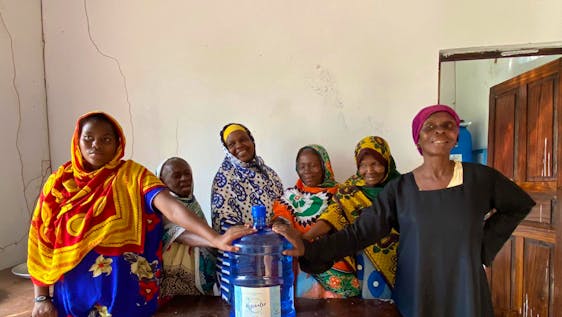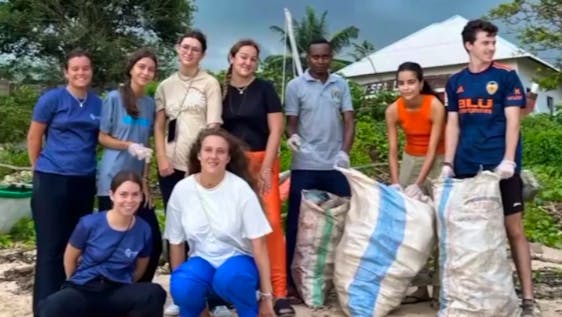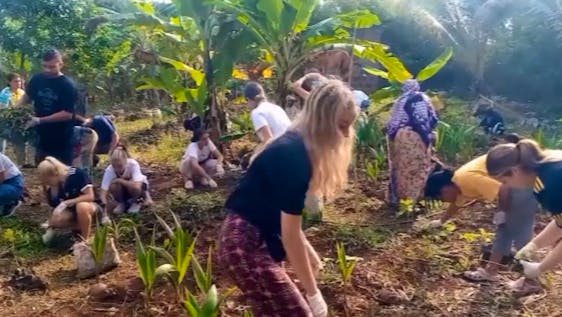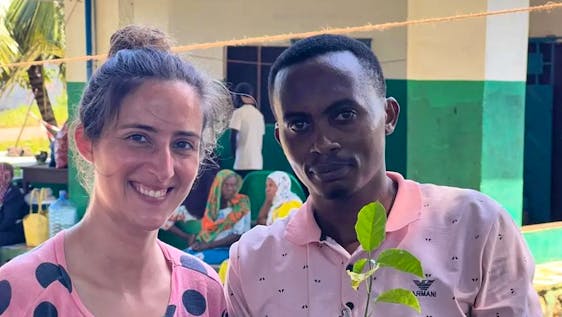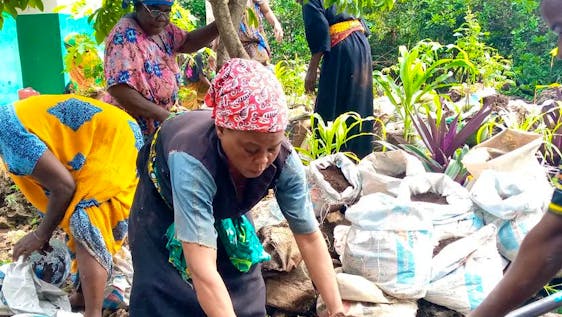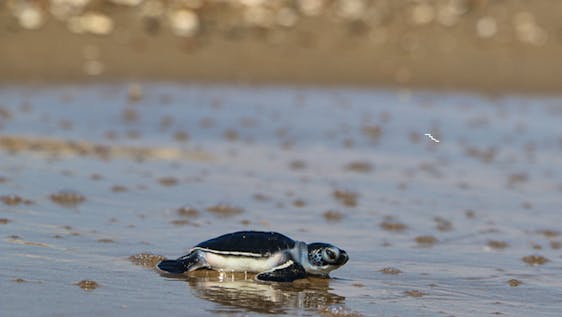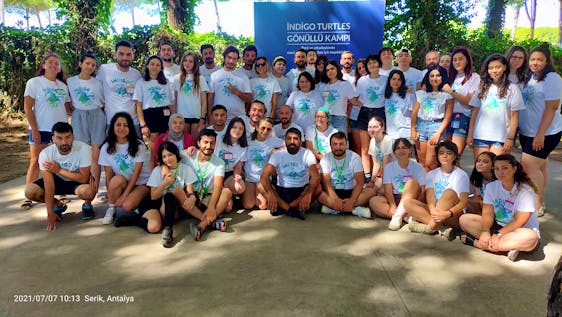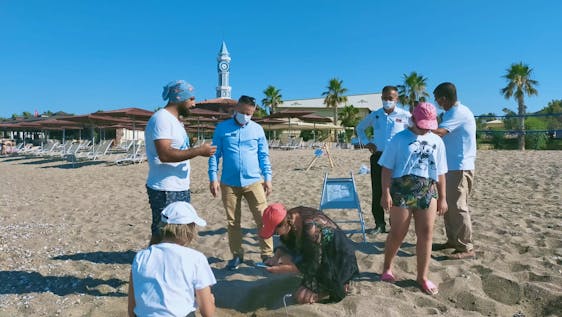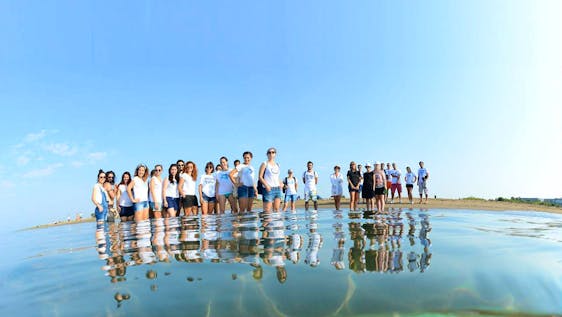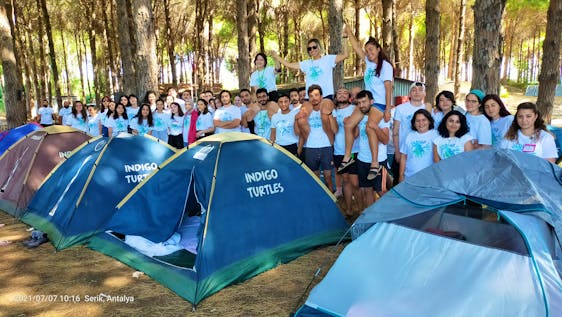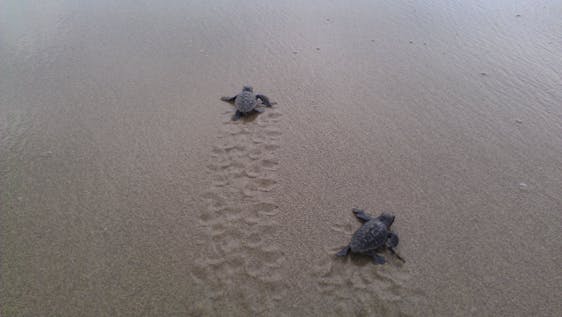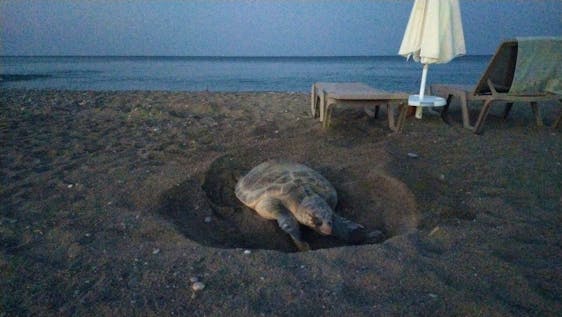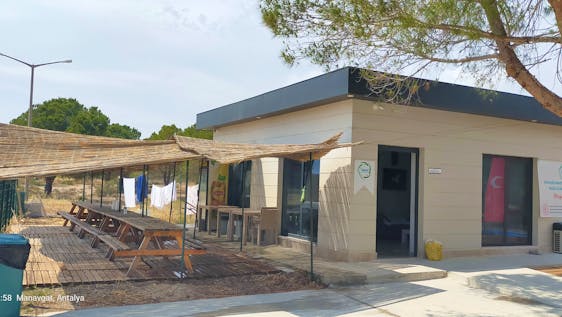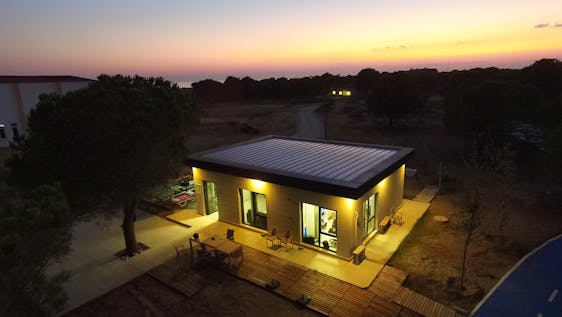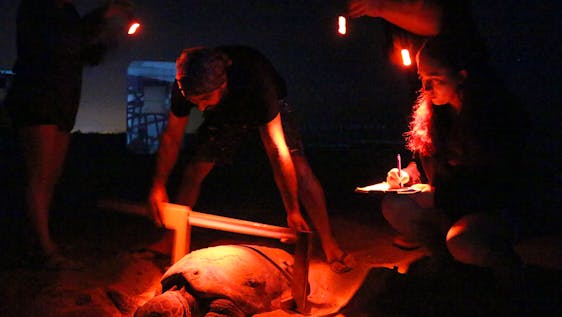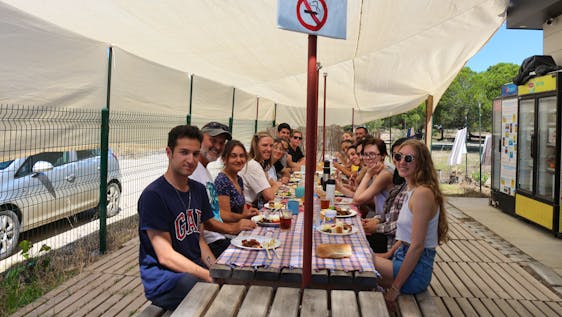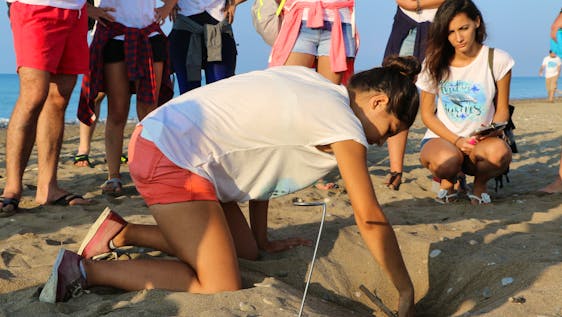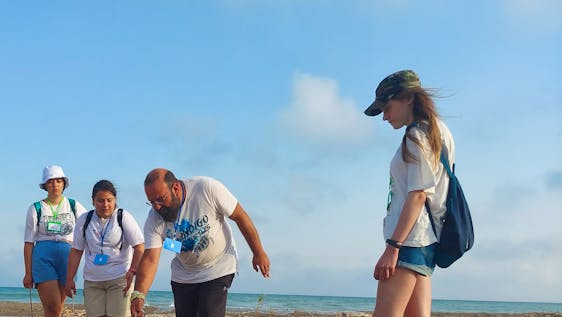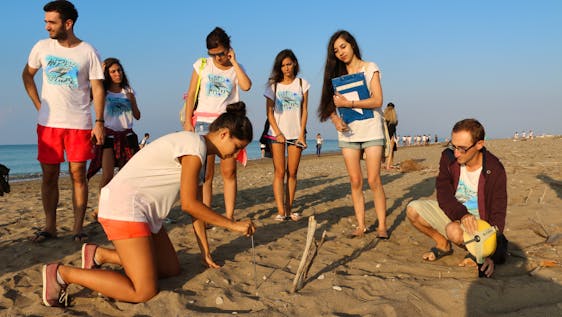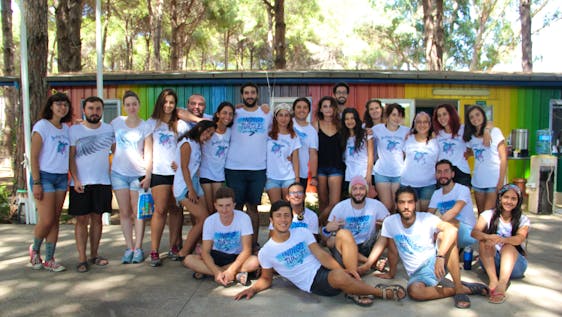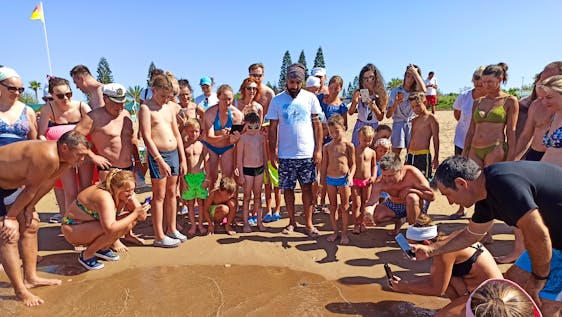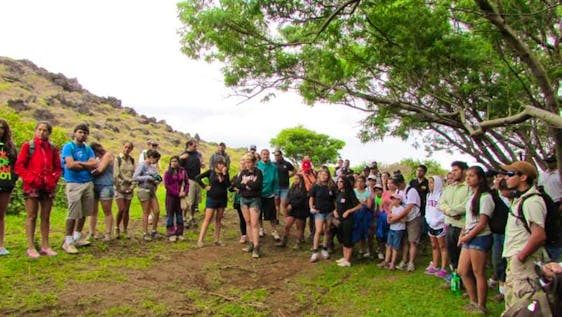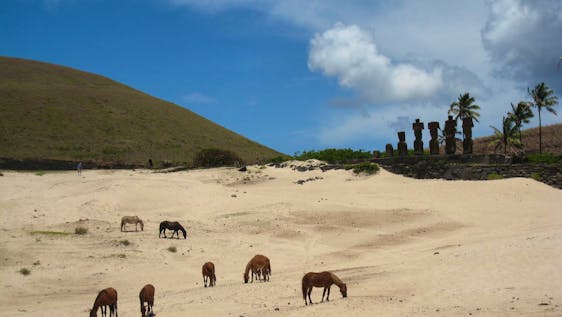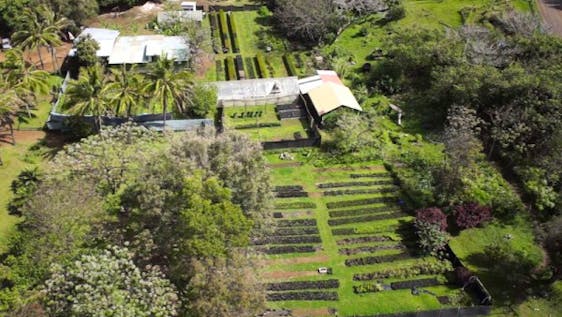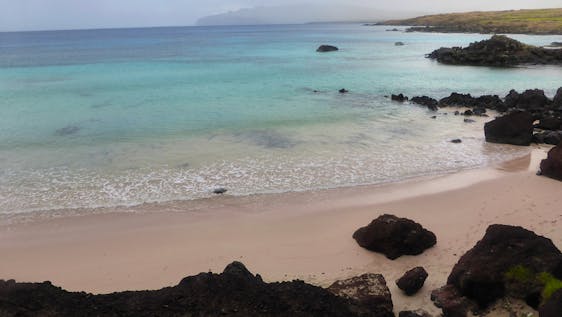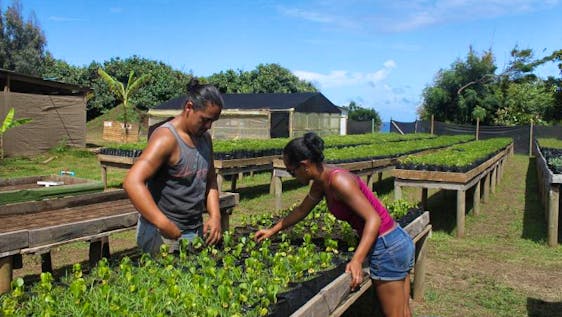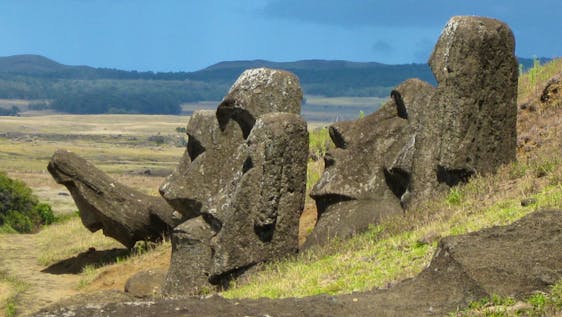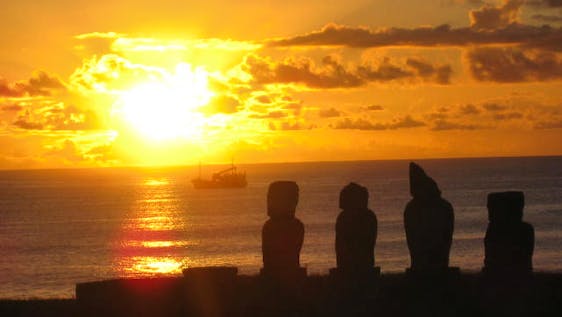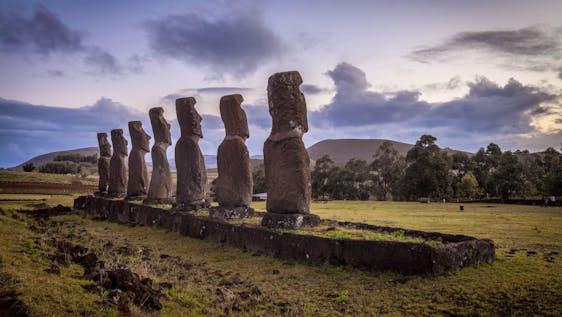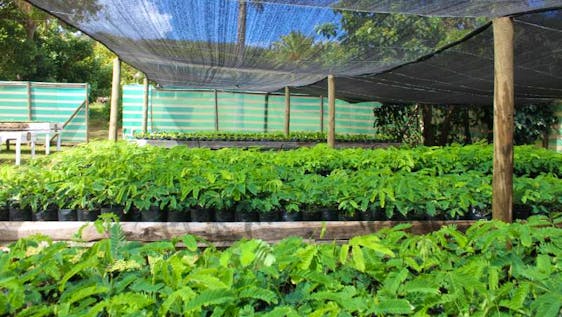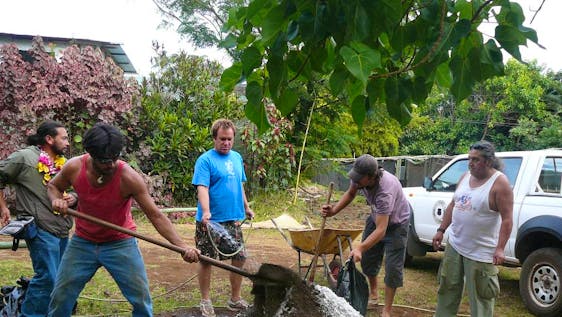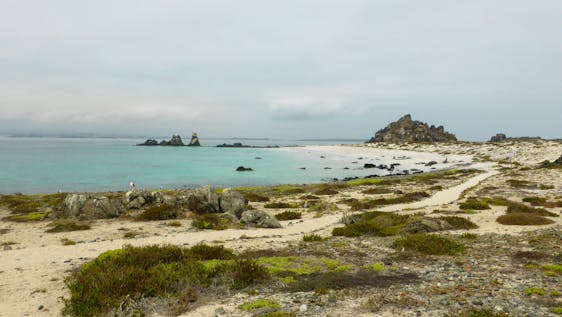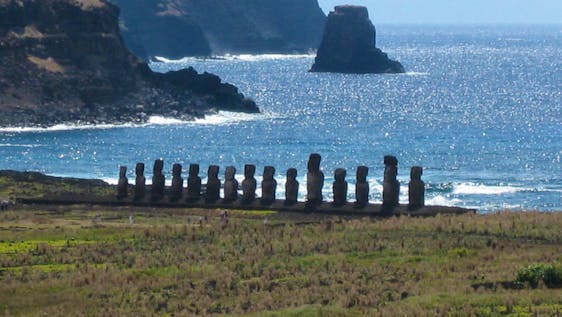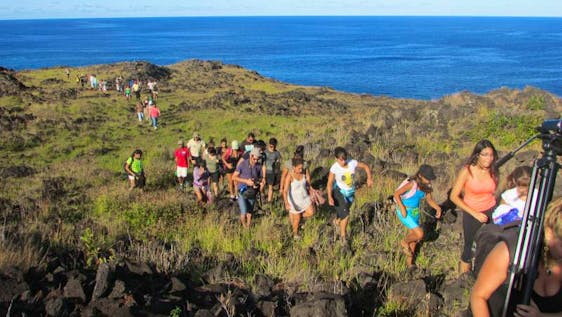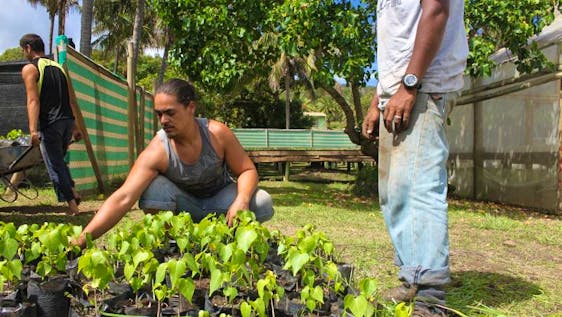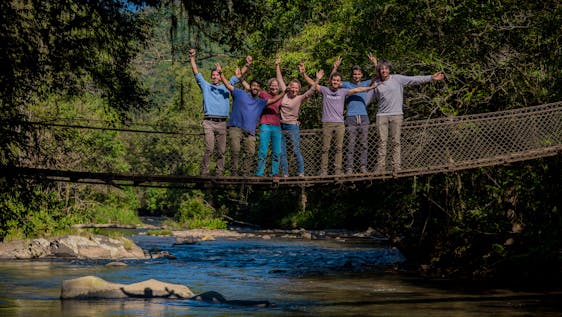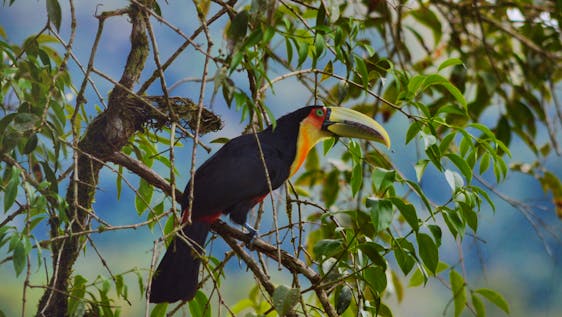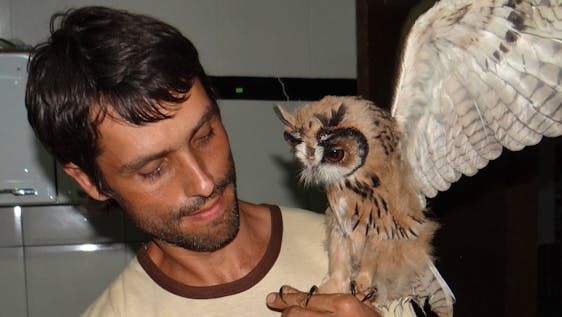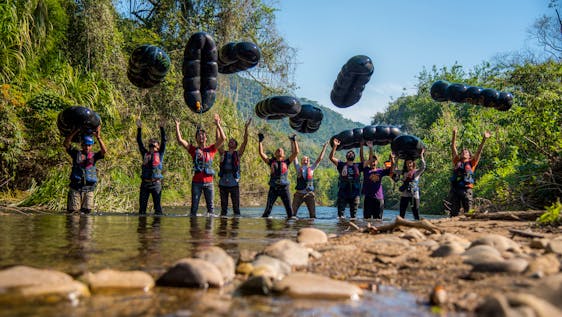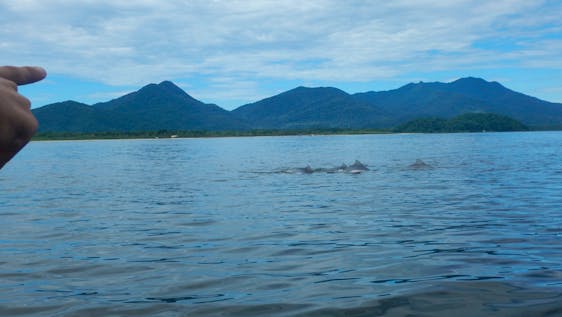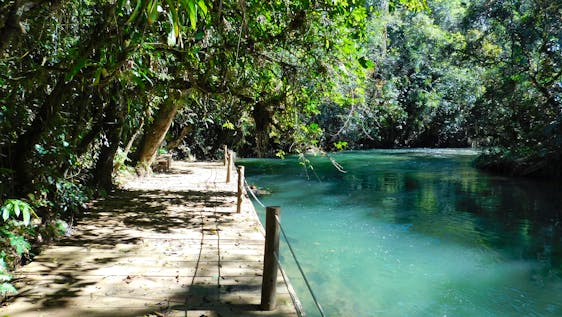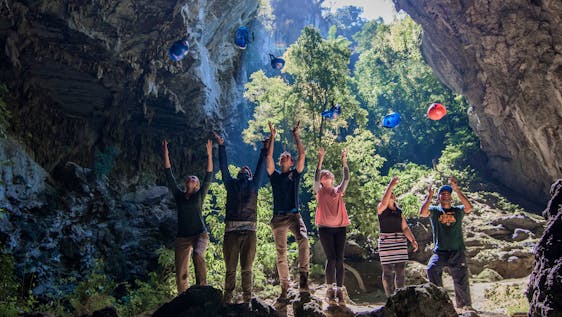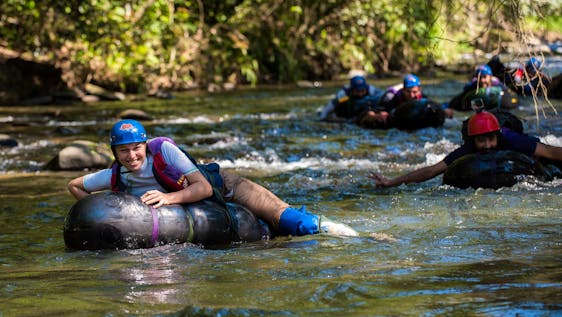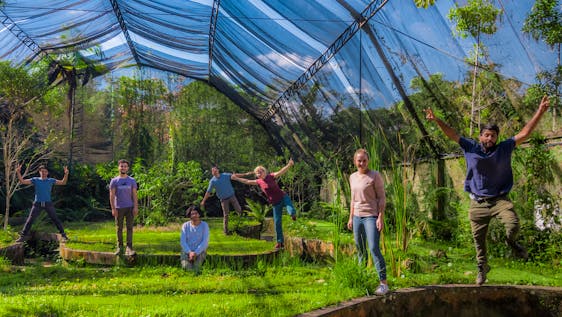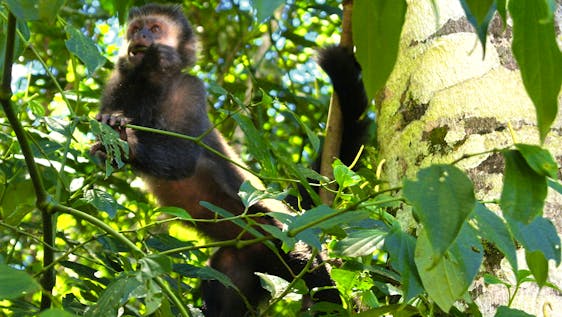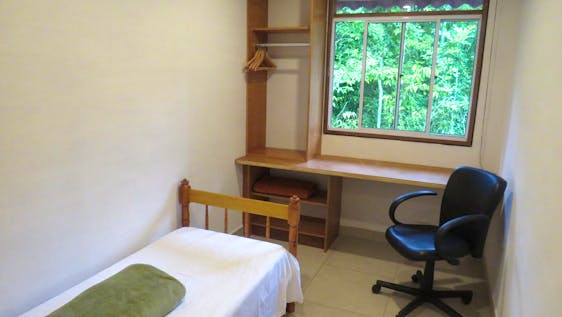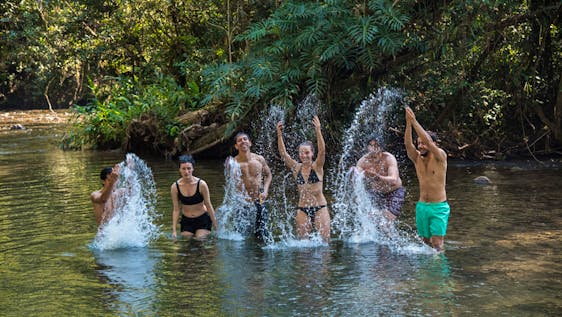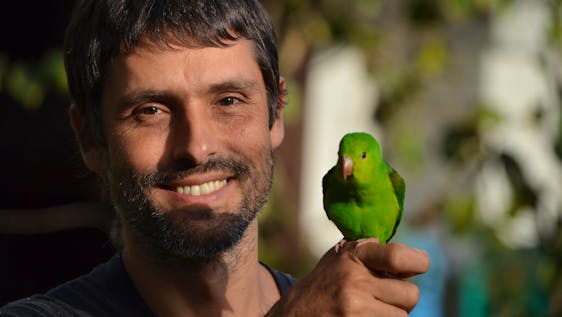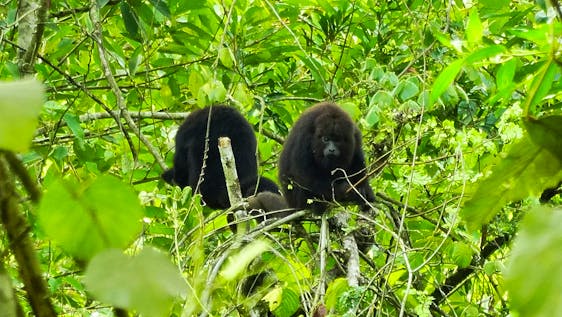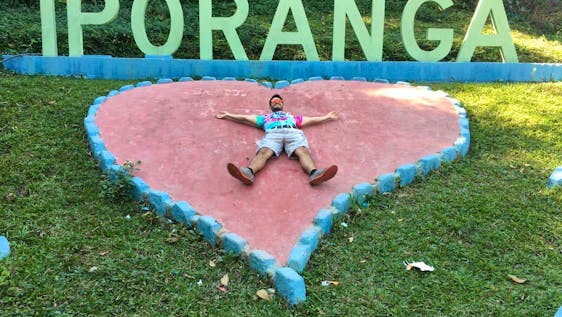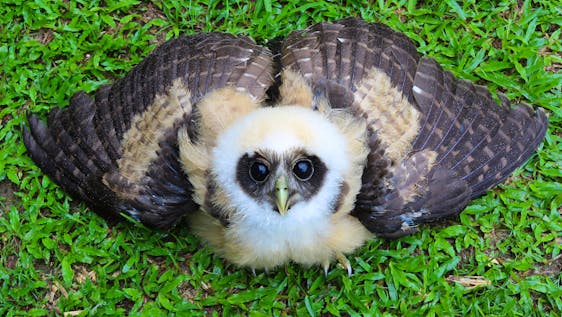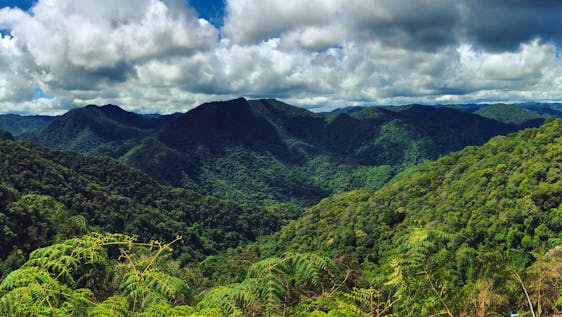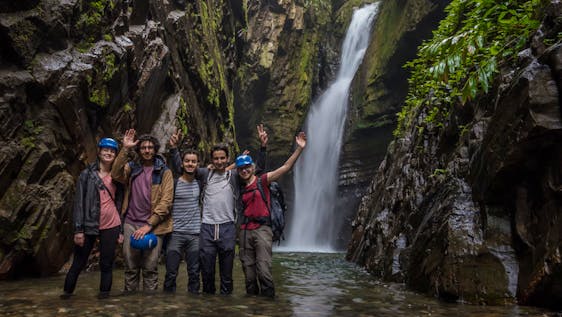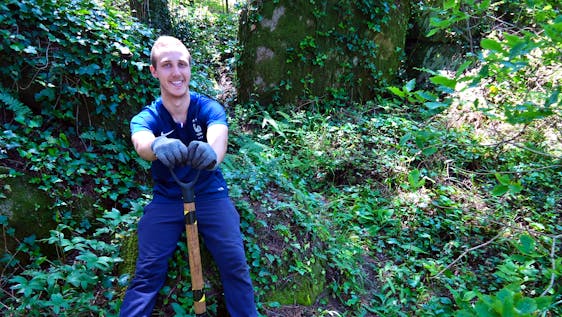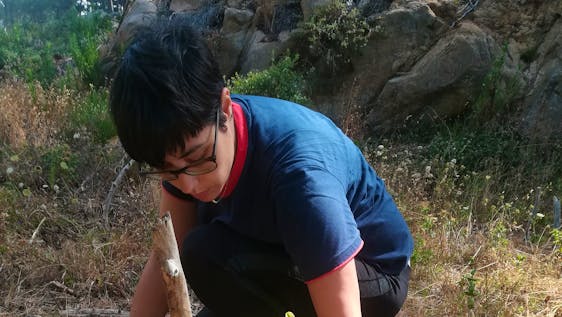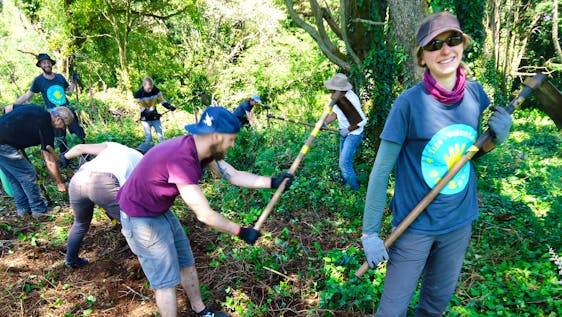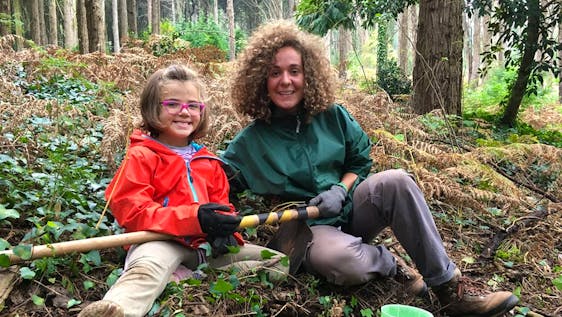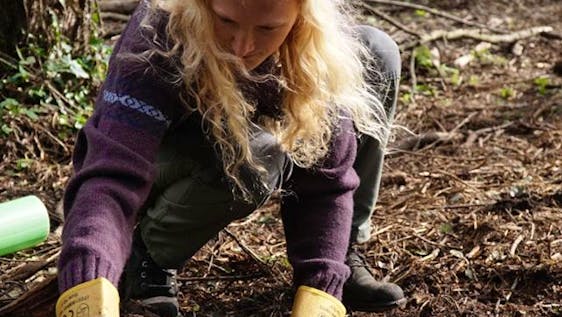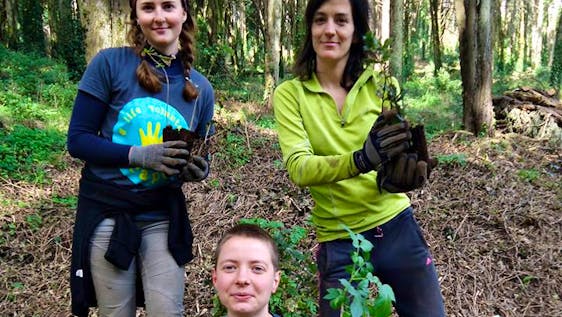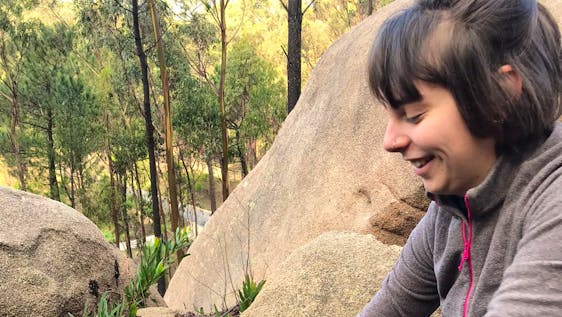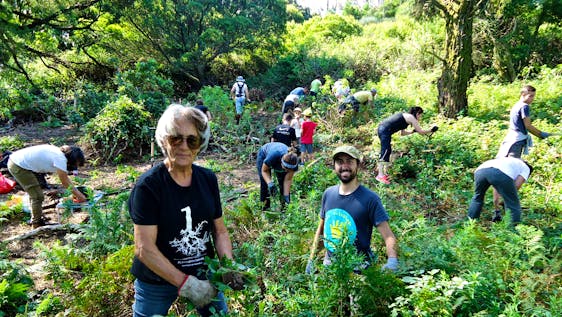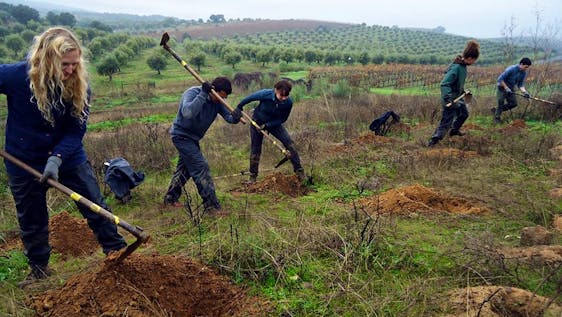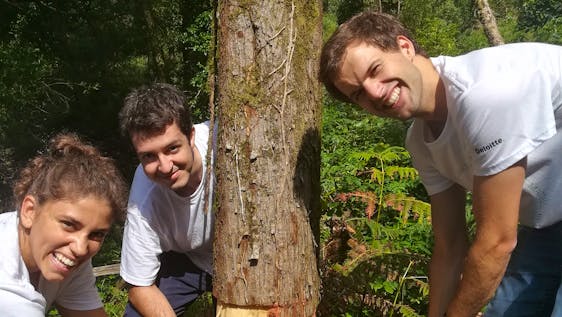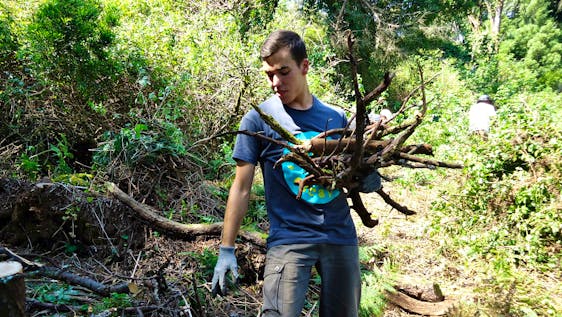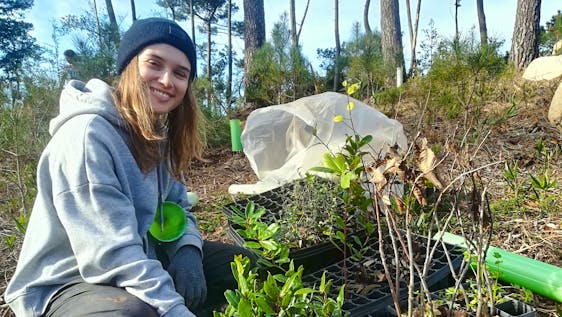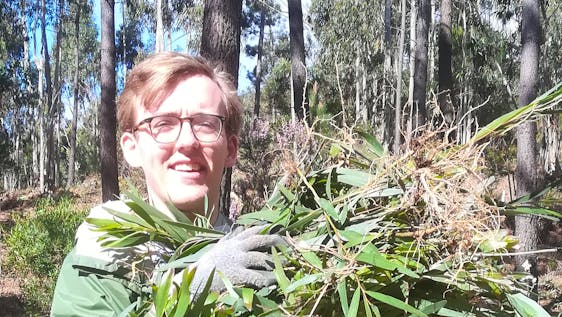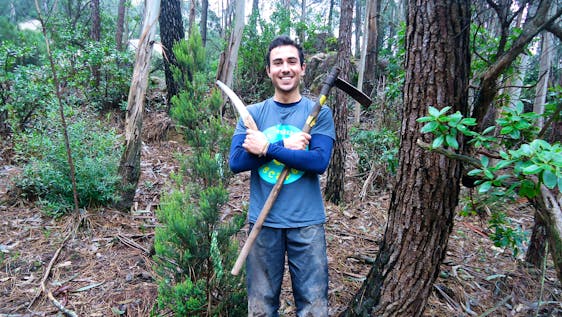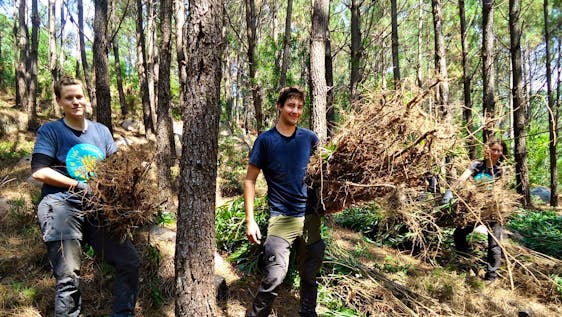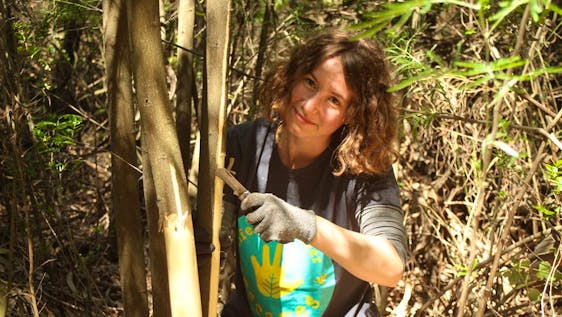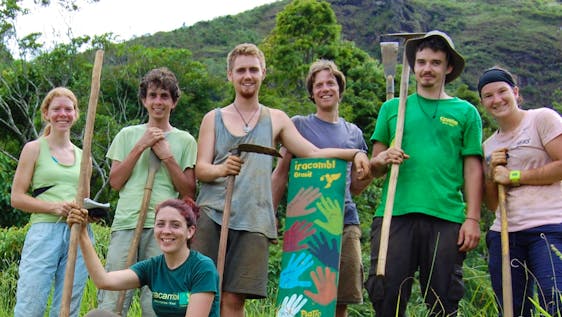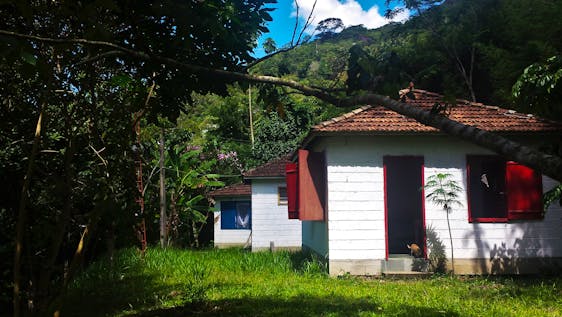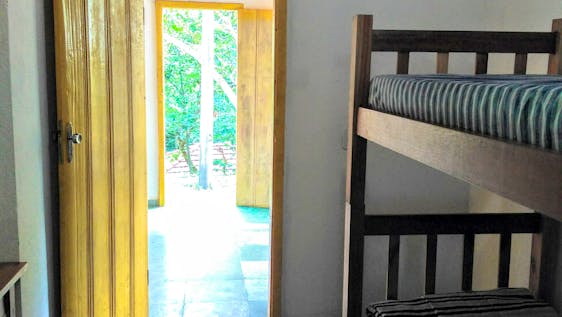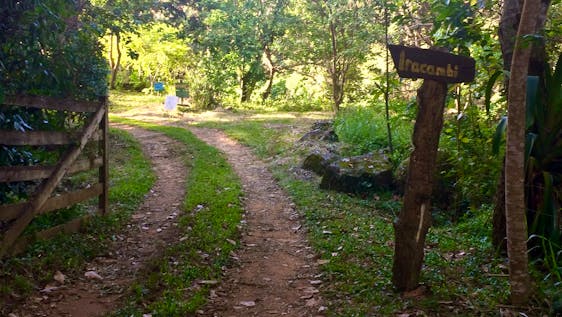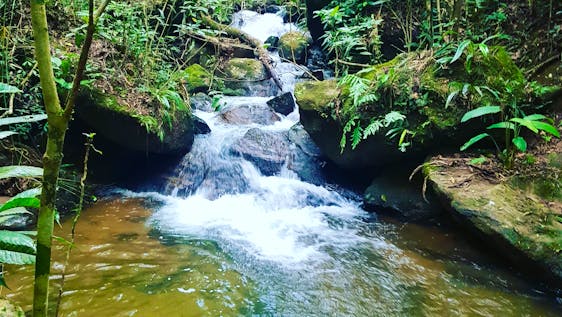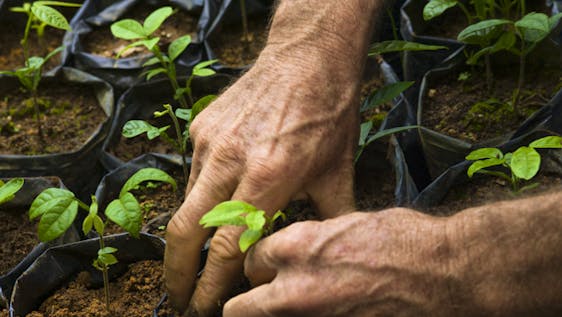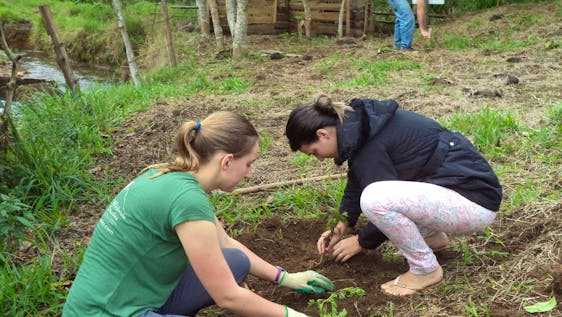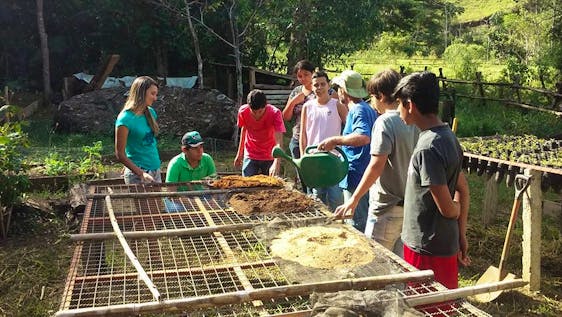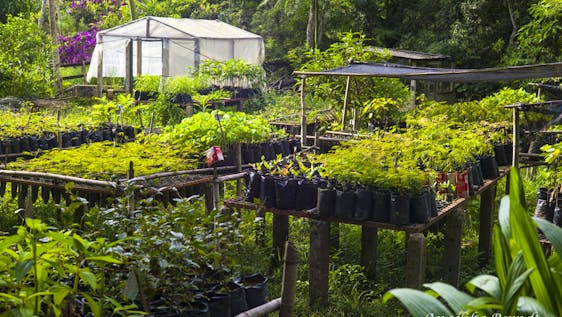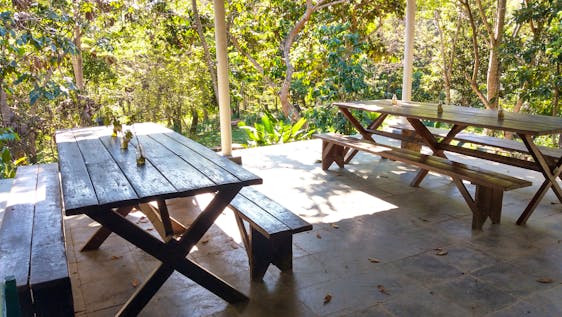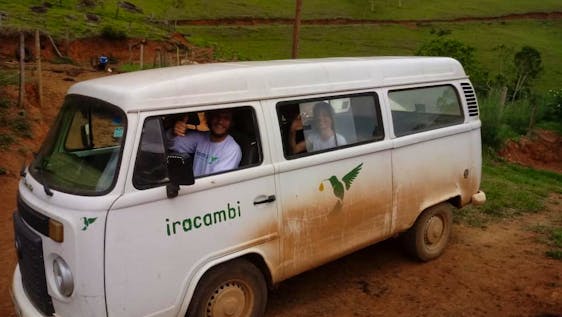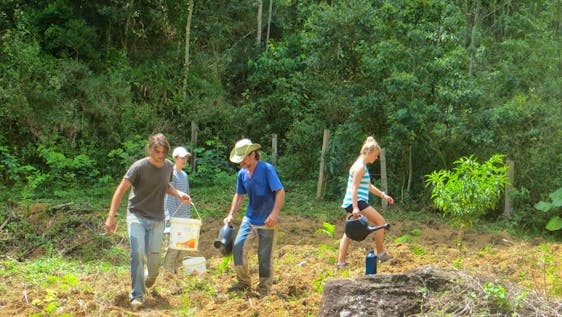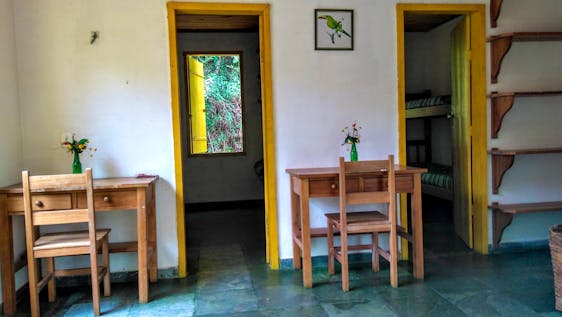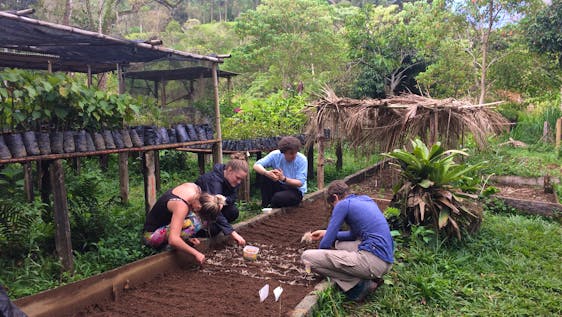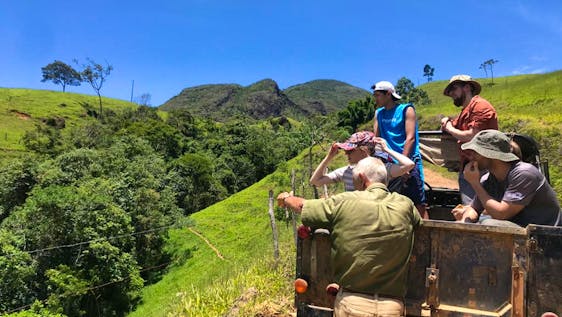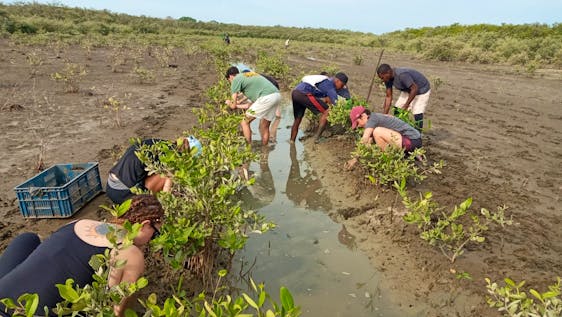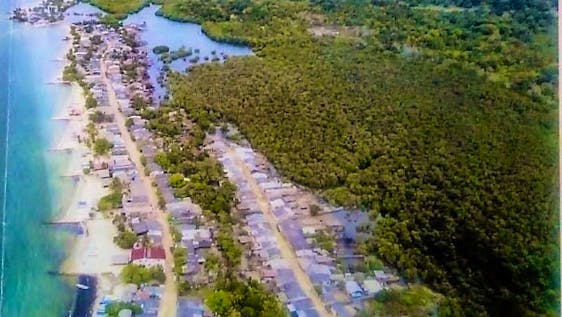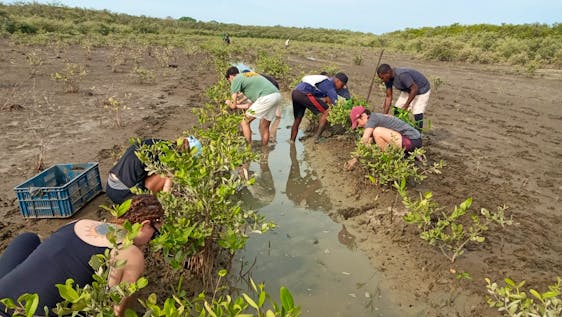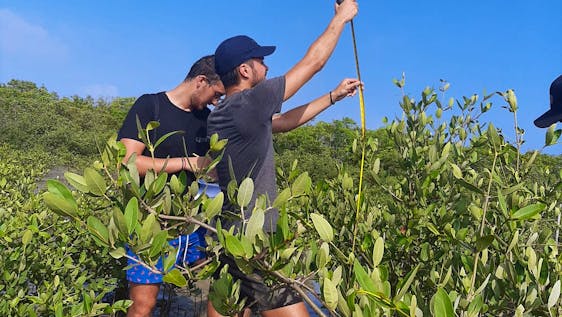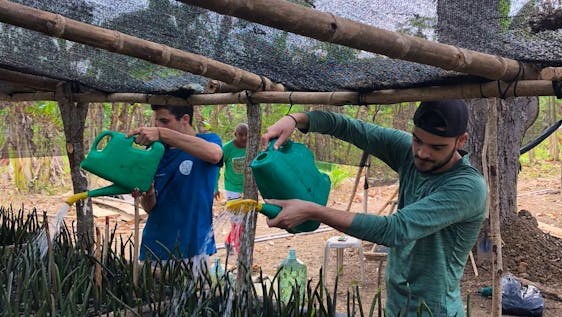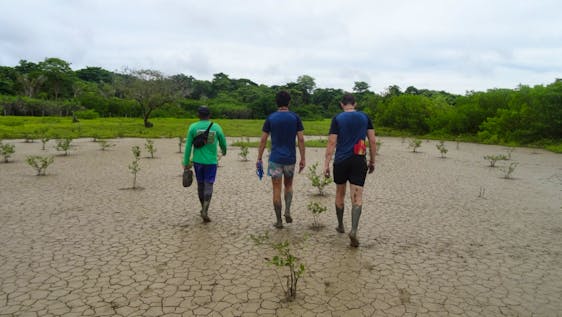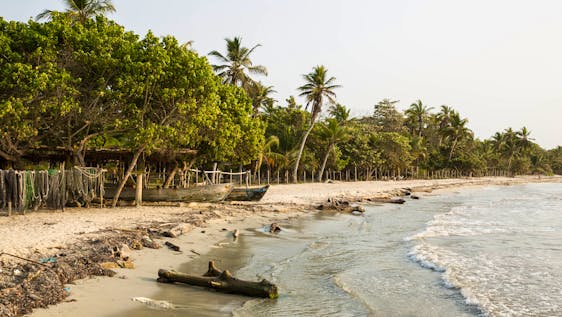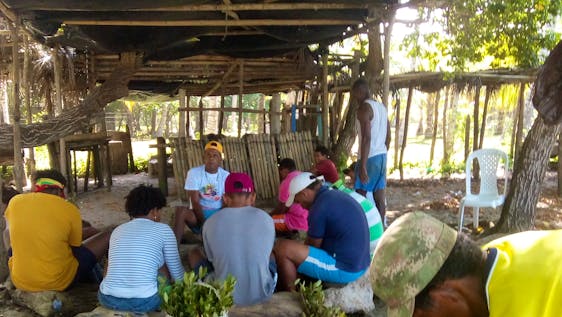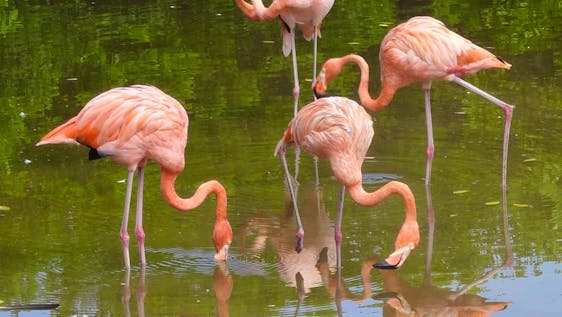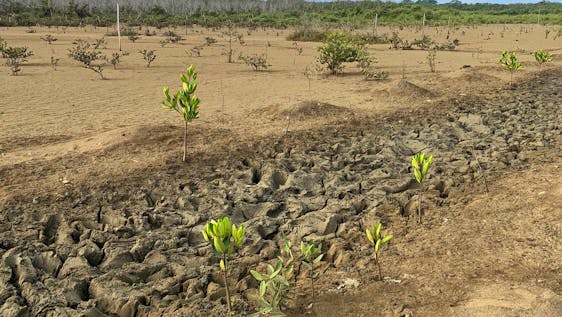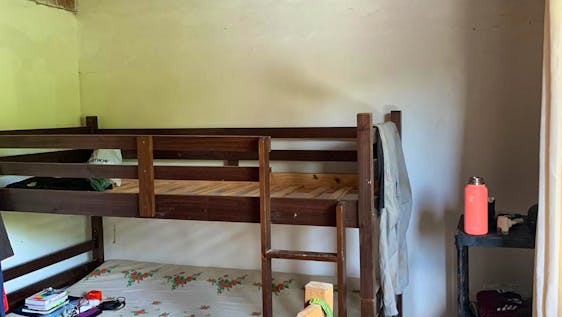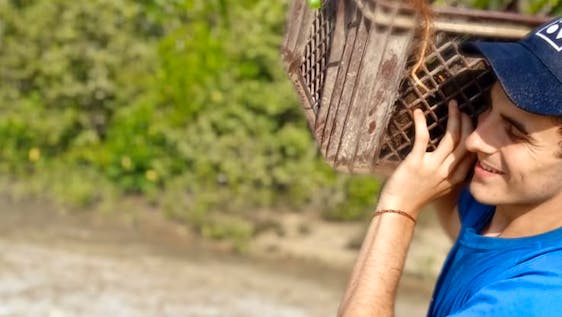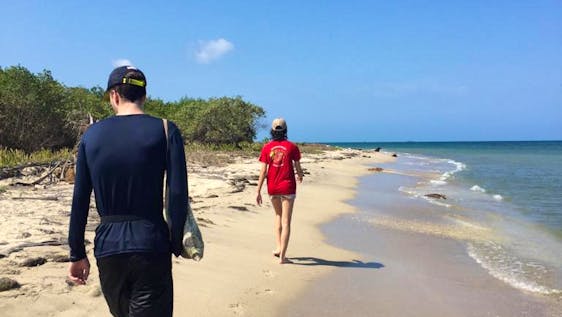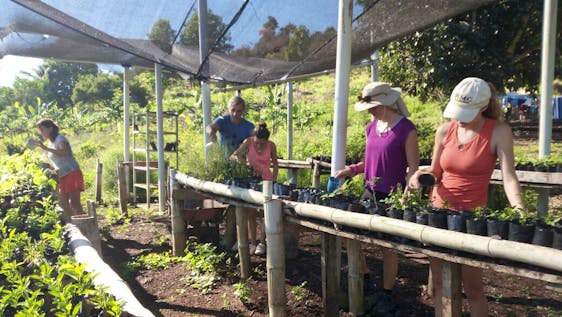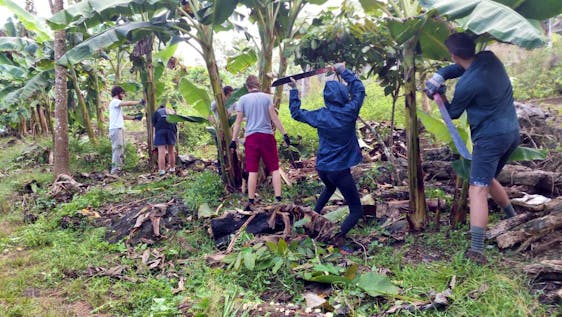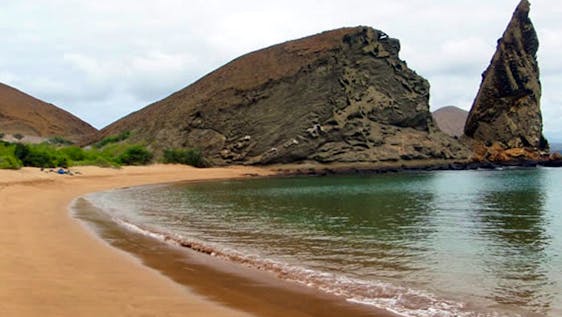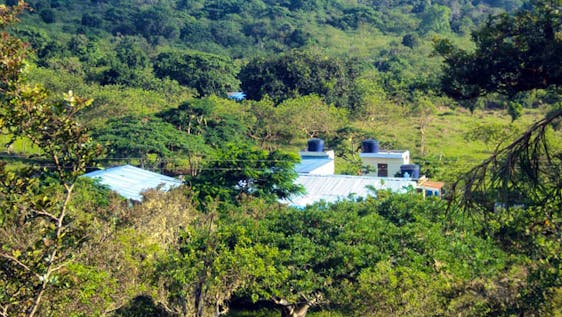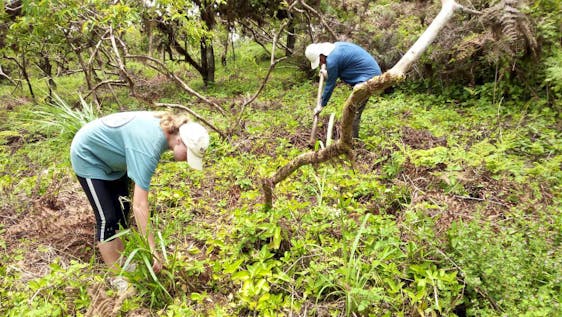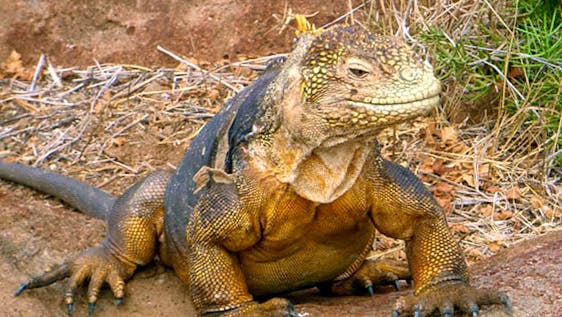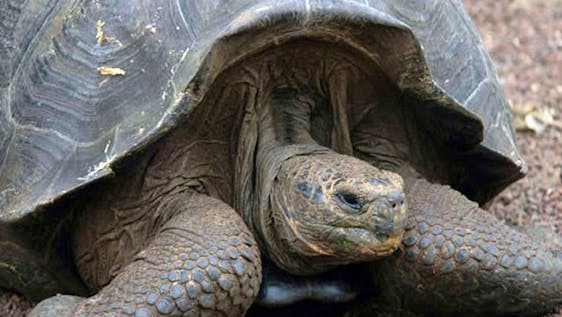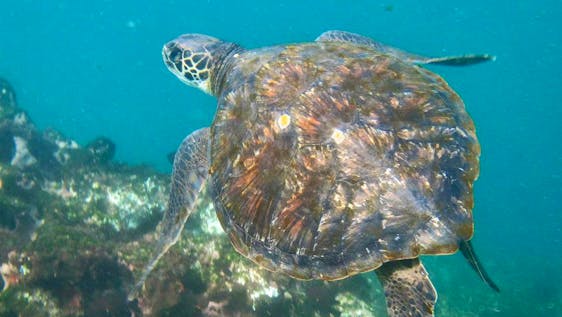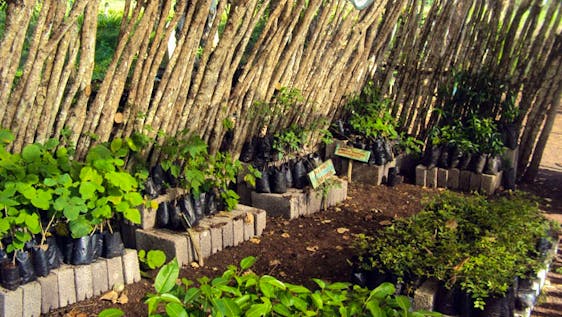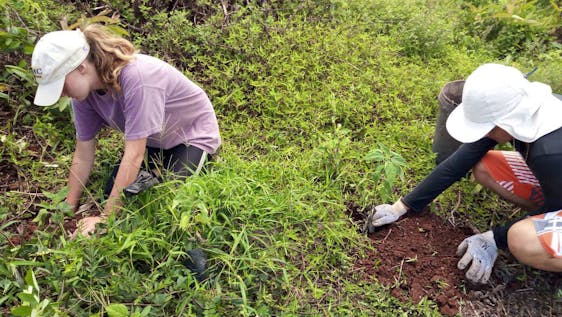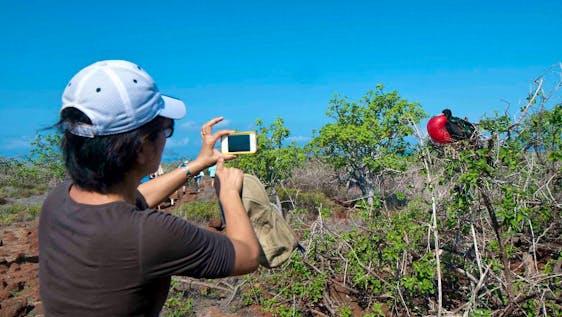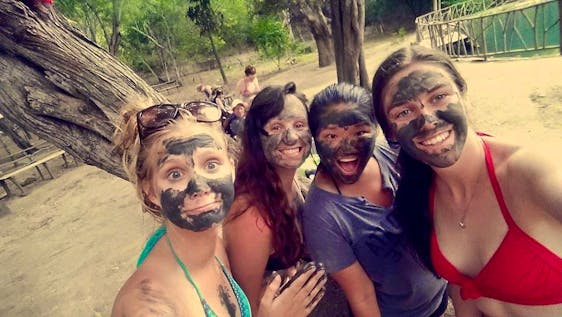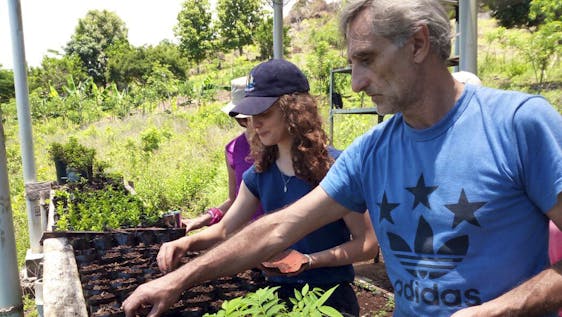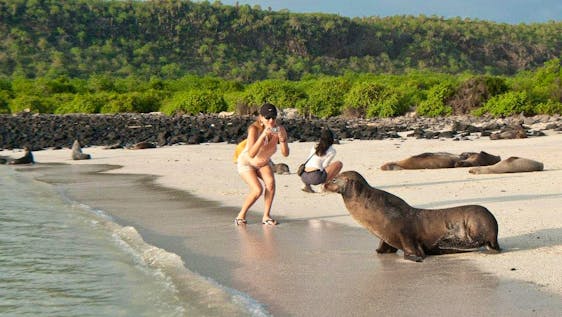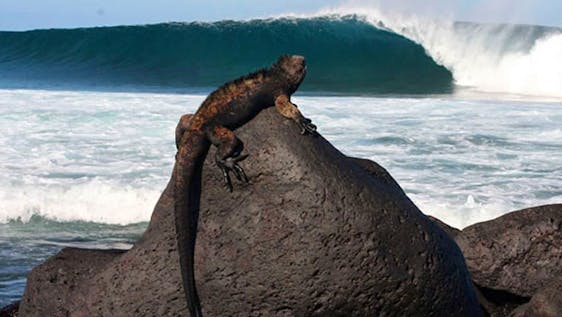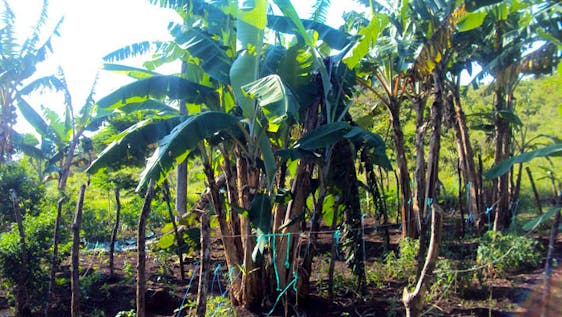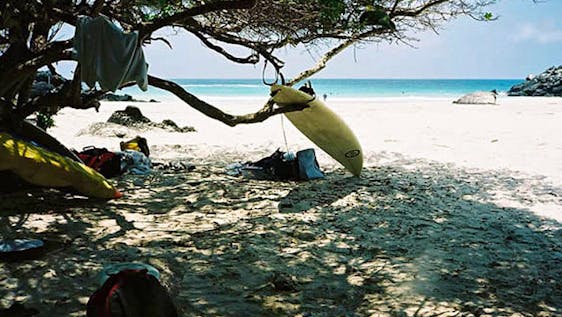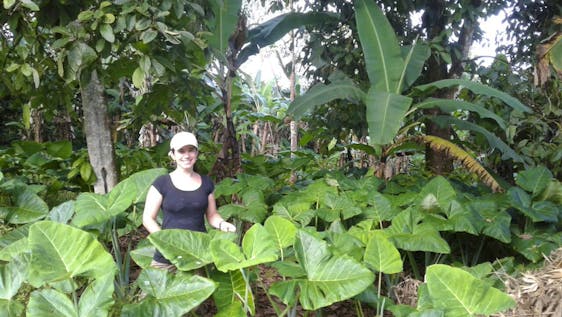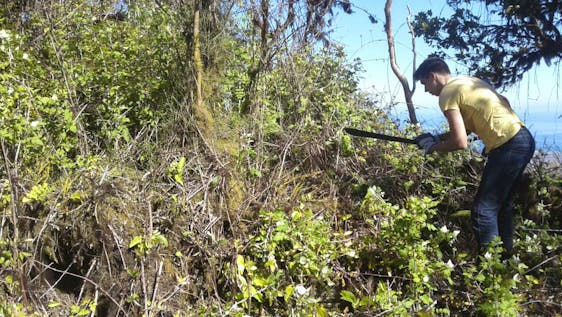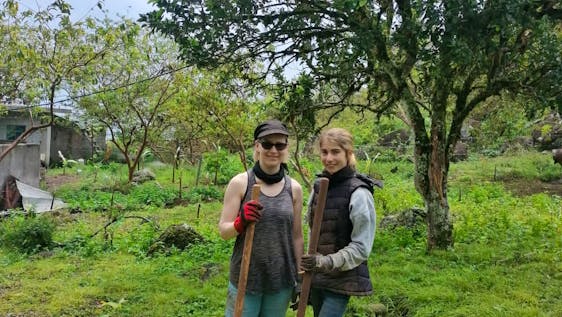Local communities are not always aware of how important environmental and wildlife conservation is and may focus on environmentally invasive practices like deforestation as a source of income. Take part in reforestation efforts and help spread awareness about the importance of our natural resources.
Conservation Volunteering
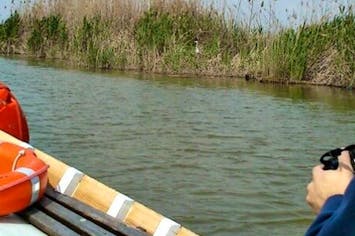
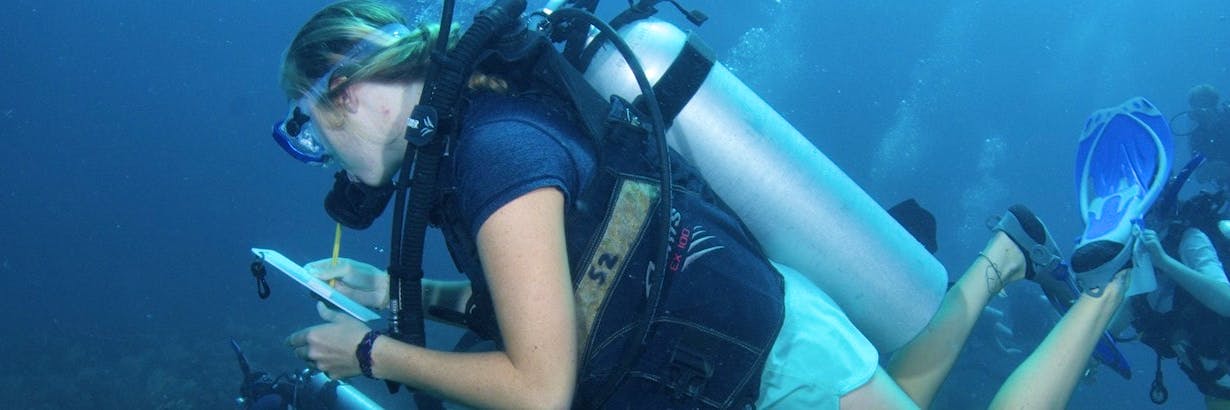
Volunteer Conservation Projects
Are you concerned about the natural gems of the planet and do you love spending time outdoors? If you enjoy traveling, conservation volunteering abroad is exactly your thing! Join one of the conservation projects abroad and participate in wildlife or environmental volunteer work. Witness breathtaking views and be immersed in nature while you work to protect the natural jewels of our planet.
Save biodiverse treasures like Costa Rica, South Africa and Chili and relish their raw beauty. Join other conservation volunteers and give our planet a chance as you embark on a trip you will never forget.
Why volunteer for conservation?
As our planet is being plagued with ongoing issues like climate change and natural disasters, it’s clear that we need to take responsibility. The human race needs to take action by maintaining its natural world, precious wildlife and biodiversity. Commit to volunteer work and help maintain the world’s natural resources. These include:
- Air
- Water
- Soil
- Minerals
- Plants
- Animals
The planet relies on a balance of these resources to maintain its biodiversity and ecological balance but the human race needs forests to survive. Let’s take a look at a few facts from the FAO that may surprise you about the world's forests which are home to the planet's wildlife, animals, plants and humans:
- Most deforestation takes place in tropical countries, whereas most developed countries are experiencing stable or increasing forest areas
- Deforestation affected an estimated 13 million hectares per year between 2000 and 2010; net forest loss was 5.2 million hectares per year, due to afforestation and natural expansion.
- In developing countries, wood-based fuels are the dominant source of energy for more than 2 billion poor people. In Africa, over 90 percent of harvested wood is used for energy.
- Wood is not the only resource taken from forests. About 80 percent of people in the developing world use non-wood forest products for health and nutritional needs and for income.
Besides keeping the human race alive by supplying a sustainable fuel source and other health-related products, forests are crucial in maintaining the ecological balance on our fragile planet. On a brighter note, there are countries in the world setting a good example and are expanding their forests while applying sustainable agricultural practices.
Developing countries remain the greatest problem area. They house some of the most important forests of the world and without any action, the situation will continue to deteriorate leading to more devastating catastrophes. Are you ready to help turn the tide and join one of the many environmental conservation programs?
Volunteer abroad for one of the conservation projects and learn what you can do to protect the planet’s precious natural resources.
What will I do as a conservation volunteer?
Conservation projects are popping up all around the world. Their main aim is to conserve the natural resources of our world. Projects focus on implementing and improving environmental practices and standards to prevent further environmental destruction. Each project is dedicated to a specific area where their efforts are needed most. The lush green landscapes of Bali, the biodiverse rainforests of Costa Rica or the rough terrain of Patagonia each require a different approach. Select one of the conservation programs abroad to kick-start your journey in environmental work.
Creating Awareness
Protection and Maintenance
Most projects will be based in a natural park which also tends to attract many tourists on a yearly basis. To sustain these practices and conserve the wildlife, animals, and biodiversity, it’s important to protect the green gems our world still has to offer. Help take care of these places and work together with other volunteers to protect our precious environment and wildlife. Some of the tasks you will work on during your volunteer work experience abroad are:
- Maintaining park trails in the natural park
- Spreading awareness on environment protection and natural resources
- Assisting with reforestation
- Scientific studies about the region
- Collecting data about (marine) wildlife, plants
- Observing animals and plants
- Cleaning up waste
These natural hotspots need your help to maintain their beauty and important function on our planet. Join one of the conservation projects abroad and support Africa, South America, and Asia to maintain their exquisite surroundings. Support the wildlife, help with reforestation efforts and spread the word about the importance of maintaining these natural treasures.
Best places to volunteer for conservation
Conservation volunteering projects will take you to the most amazing areas in the world. Some of the world's most amazing destinations are only a mouse click away. Tourist hotspots like South Africa, Costa Rica and Bali are waiting for volunteers to support their environmental challenges. Are you in for an adventure?
Latin America
Volunteers excited about putting their Spanish skills to the test can opt for conservation volunteer opportunities in the Caribbean or South America. Get ready to be astounded by the natural and cultural diversity this continent has to offer. Discover the incredible wildlife of Costa Rica and witness some of the most incredible animal species. Volunteer for one of the reforestation or reserve conservation programs and help protect one of the world’s most important green lungs.
Africa
Africa is a world on its own. Are you ready to help preserve the unique surroundings of South Africa and Madagascar? The African continent boasts some of the most interesting wildlife and nature on the planet. Volunteer and help guide conservation efforts to preserve the savanna or African bush. These natural reserves are home to several endangered animal species which without any help will soon become extinct.
Europe
Environmental volunteers who prefer to stay closer to home or those who are enticed by Europe can choose a project in countries like Scotland or Greece. Learn more about Europe’s history and culture while you help protect their biodiversity.
Asia
Fans of tropical islands and lush green forests will find themselves in paradise in Bali or the Maldives. Conservation volunteers can do conservation work in a tropical paradise and make sure these natural treasures can be enjoyed for years to come.
Oceania
Do environmental volunteering in Australia or New Zealand and indulge in breathtaking landscapes. Admire animal species that are unique to this part of the world and let yourself be amazed by what our planet has to offer.
Top 5 benefits of volunteering for conservation
Conservation volunteering is a great cause because you’re contributing to the preservation of nature. By doing this, you are doing the planet and its inhabitants a huge favor. But let’s take a look at the benefits this experience will have in store for you:
1. Valuable Learning Opportunities
As a conservation volunteer you will learn the ins and outs of what it takes to preserve the earth’s natural resources. There will be a lot of manual work but some projects also require research work. Volunteering for environmental conservation will increase the survival chances of (marine) animals species on your volatile planet. Students studying environmental studies may find this to be a great addition to their curriculum.
2. Meet other people
Nature loving volunteers who are also social creatures are in for a treat. Volunteer experiences will bring you in touch with other like-minded individuals. This may be the start of some meaningful friendships.
3. New Experiences
Eager to experience something new? Volunteering will bring you to places you would otherwise never go to and let you engage in activities that you would never get the chance to do. New experiences force us to get out of our comfort zone and prepare us for future endeavors.
4. Happiness
Research shows that having a sense of purpose has a very positive influence on people’s happiness. Volunteer and know what it feels like to contribute to a greater cause while you discover natural paradises like Costa Rica, Bali and South Africa. Volunteer and give endangered animal species a chance.
5. Travel
This is your chance to explore the world and discover some of the most interesting places the world has to offer. You’ll be doing this while contributing to a meaningful cause. What are you waiting for? Get out your luggage and start packing!
How do I get started as a volunteer for conservation?
So you’re ready to volunteer for conservation but you’re not quite sure how to get started? Take a look at the following 3 steps that will prepare you for your conservation program abroad and an unforgettable adventure.:
- Check whether there’s a match between you and the project by looking at their requirements.
- Take a look at the location of the project and decide whether it would be a location you are excited about.
- Get in touch with the organization and see whether your expectations and your schedule match up.
Once this is sorted. Let’s take a look at the practical steps:
Insurance (Health & travel)
We recommend getting both health and travel insurance. In fact, this is even a requirement for most programs abroad. Get in touch with your program contact person to find out if an insurance plan is already in place for volunteers.
Visa, Passport and Documentation
Once you know your destination, take the following 3 steps before setting off on your life-changing adventure!
- Look into the visa requirements for the country you will volunteer in.
- Make sure you have a valid passport considering the requirement of the host country.
- Prepare the correct documents to fulfill the visa application.
That’s it! You’re ready for environmental volunteering and about to visit some of the planets natural hotspots. Encourage the preservation of the environment and give our fellow inhabitants, (marine) animal species, a chance on this planet. Costa Rica, South Africa, Bali or many other possibilities await your visit!
 Activities
Activities
 Waste Reduction
Waste Reduction
 Environment
Environment
 Hotspots
Hotspots
 Vegan
Vegan
 Planting Trees
Planting Trees
 Plastic Reduction
Plastic Reduction
 Beach Cleaning
Beach Cleaning
 Ocean Cleaning
Ocean Cleaning
 Europe
Europe
 Northern Europe
Northern Europe
 Iceland
Iceland
 Reykjavik
Reykjavik
 Africa
Africa
 Monkey Conservation
Monkey Conservation
 Americas
Americas
 Reforestation
Reforestation
 Mangrove
Mangrove
 Eastern Africa
Eastern Africa
 Sea Turtle Conservation
Sea Turtle Conservation
 Madagascar
Madagascar
 Lemur
Lemur
 Nosy Komba
Nosy Komba
 Costa Rica
Costa Rica
 Central America
Central America
 Green Sea Turtle
Green Sea Turtle
 National Park
National Park
 Leatherback Turtle
Leatherback Turtle
 Southern Europe
Southern Europe
 Spain
Spain
 Bilbao
Bilbao
 Spanish Courses
Spanish Courses
 Language Course
Language Course
 Scouts
Scouts
 Pantanal Jaguar
Pantanal Jaguar
 Three-toed Sloth
Three-toed Sloth
 Capuchin Monkey
Capuchin Monkey
 Ghana
Ghana
 Western Africa
Western Africa
 South America
South America
 Reptile Conservation
Reptile Conservation
 Amazon Rainforest
Amazon Rainforest
 Bird Conservation
Bird Conservation
 Tortoise Conservation
Tortoise Conservation
 Brazil
Brazil
 Dolphin Conservation
Dolphin Conservation
 Asia
Asia
 Ecological Farming
Ecological Farming
 Hawksbill Turtle
Hawksbill Turtle
 Shark Conservation
Shark Conservation
 Premium
Premium
 Blacktip Reef Shark
Blacktip Reef Shark
 Giant Tortoise
Giant Tortoise
 Ray Conservation
Ray Conservation
 Bottlenose Dolphin
Bottlenose Dolphin
 Seychelles
Seychelles
 Peru
Peru
 Cusco
Cusco
 Parrot
Parrot
 Crocodile
Crocodile
 Common Warthog
Common Warthog
 South East Asia
South East Asia
 Chile
Chile
 Ecuador
Ecuador
 Philippines
Philippines
 Yoga
Yoga
 Tanzania
Tanzania
 Hiking
Hiking
 Galapagos
Galapagos
 Zanzibar
Zanzibar
 Western Asia
Western Asia
 Loggerhead Turtle
Loggerhead Turtle
 Turkey
Turkey
 Indonesia
Indonesia
 Easter Island
Easter Island
 Toucan
Toucan
 Howler Monkeys
Howler Monkeys
 Leopardus Conservation
Leopardus Conservation
 Owl
Owl
 Portugal
Portugal
 Lisbon
Lisbon
 Colombia
Colombia
 Sumatra
Sumatra
 Intern Abroad
Intern Abroad
 Photography Internship
Photography Internship
 Kumasi
Kumasi
 Ubud
Ubud
 Bali
Bali
 Beehive
Beehive
 Australia and New Zealand
Australia and New Zealand
 Oceania
Oceania
 New Zealand
New Zealand
 Rwanda
Rwanda
 Machu Picchu
Machu Picchu
 Limon
Limon
 Snorkeling
Snorkeling
 European Wildcat
European Wildcat
 United Kingdom
United Kingdom
 Otter Conservation
Otter Conservation
 Eagle
Eagle
 Eurasian Otter
Eurasian Otter
 Puerto Viejo
Puerto Viejo
 Nosy Be
Nosy Be
 Arusha
Arusha
 Families with small kids
Families with small kids
 Coffee
Coffee
 Quito
Quito
 Musanze
Musanze
 Greece
Greece
 Kenya
Kenya
 Thailand
Thailand
 Coral Reef
Coral Reef
 Puerto Jimenez
Puerto Jimenez
 Common Dolphin
Common Dolphin
 San Jose
San Jose
 Paraguay
Paraguay
 Bolivia
Bolivia
 Italy
Italy
 Rome
Rome
 Whitetip Reef Shark
Whitetip Reef Shark
 Hammerhead Shark
Hammerhead Shark
 Barcelona
Barcelona
 Olive Ridley Turtle
Olive Ridley Turtle
 Cambodia
Cambodia
 Northern Africa
Northern Africa
 Egypt
Egypt
 Volleyball
Volleyball
 Southern Asia
Southern Asia
 Southern Africa
Southern Africa
 Nepal
Nepal
 Music
Music
 South Africa
South Africa
 Spider Monkey
Spider Monkey
 Cape Town
Cape Town
